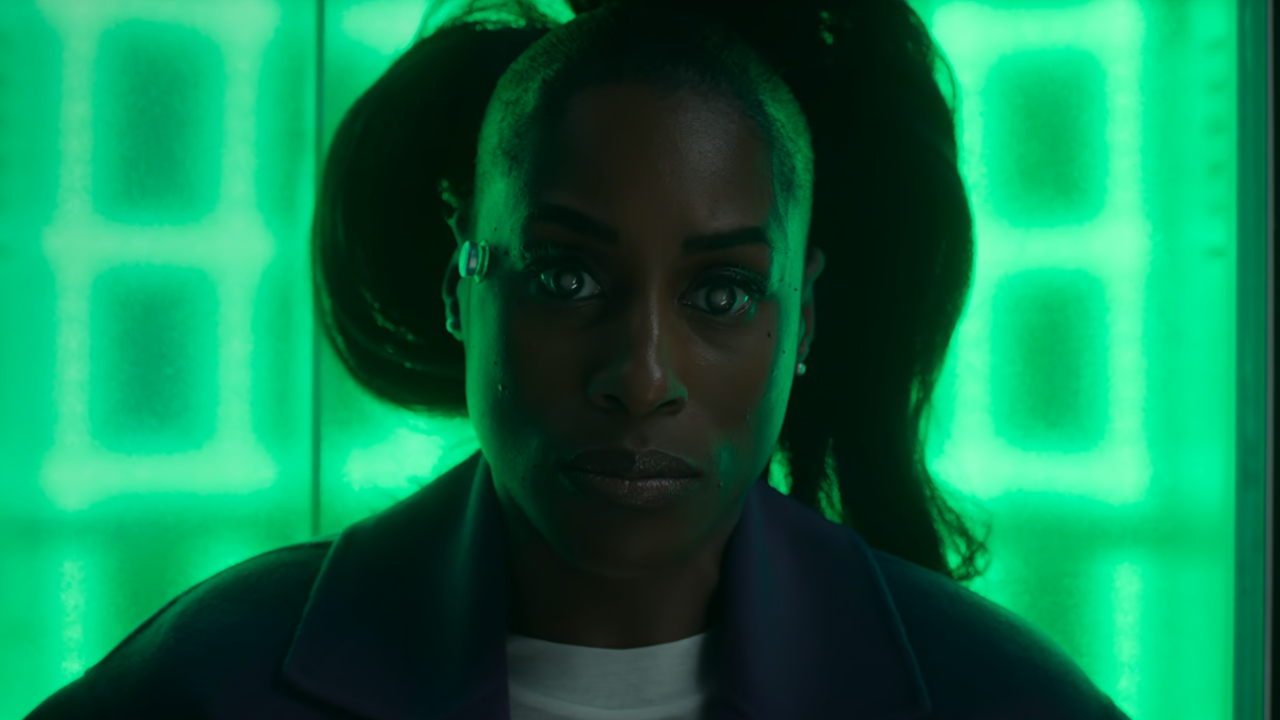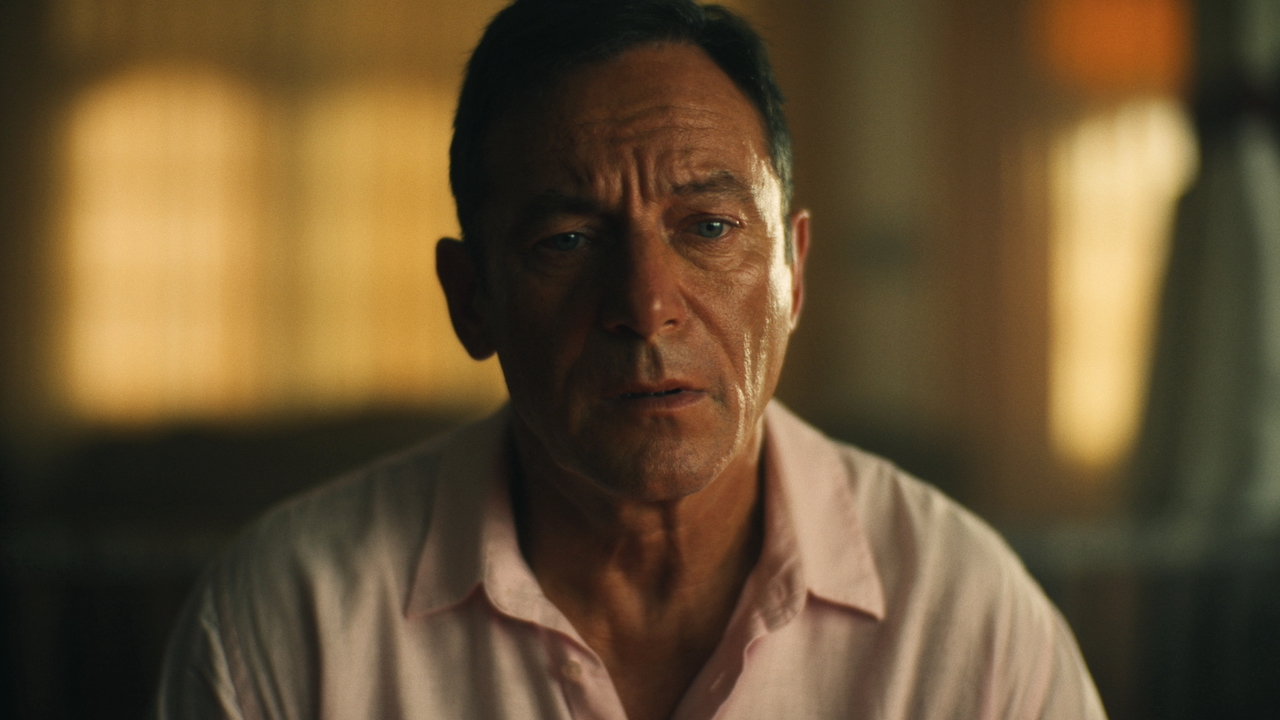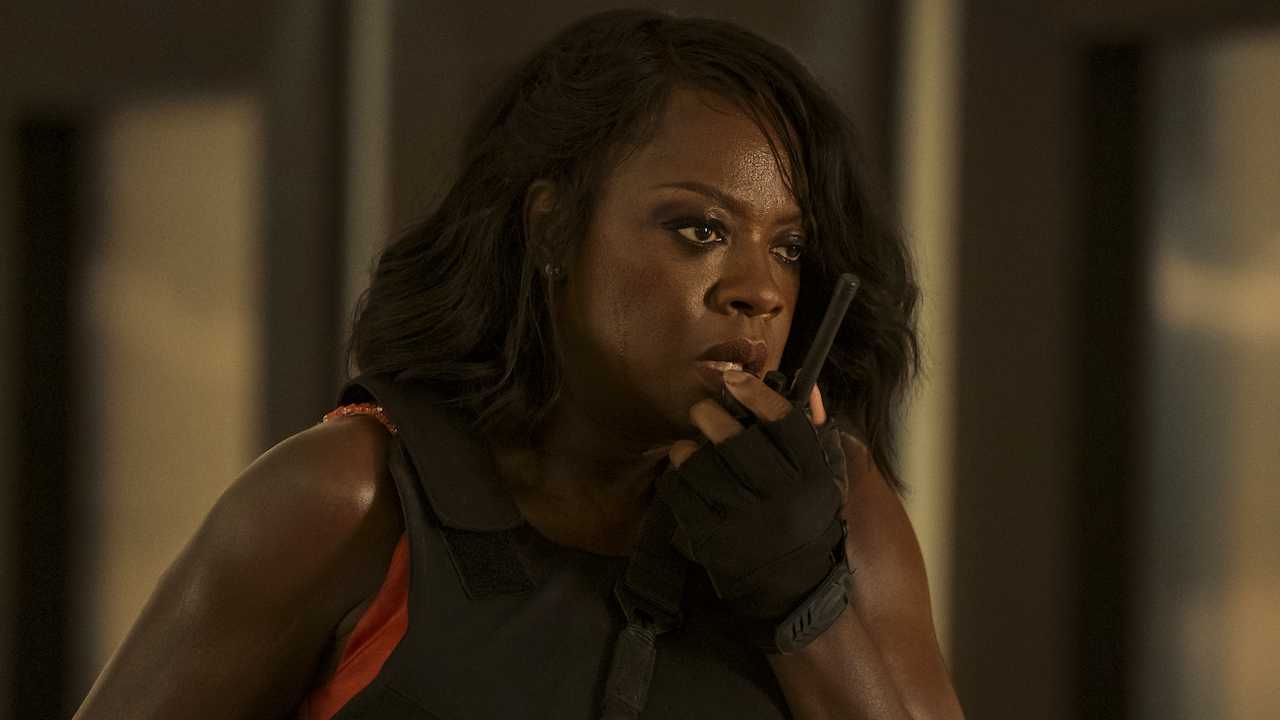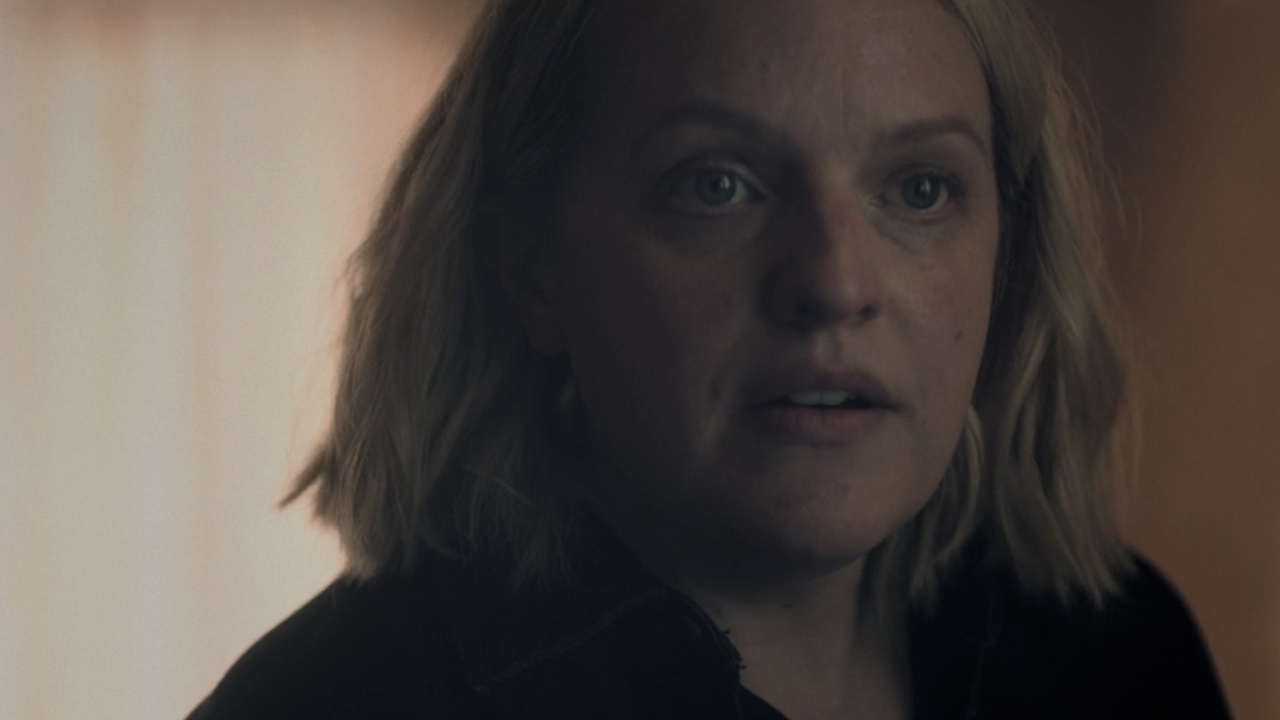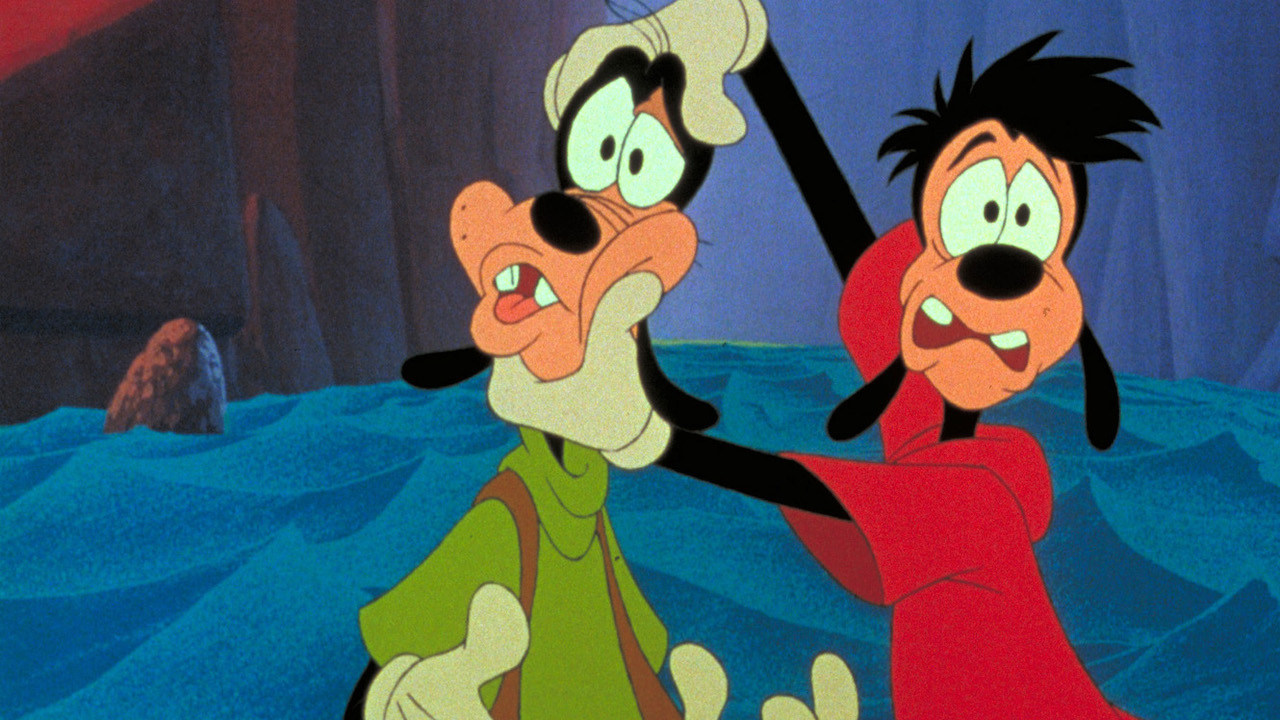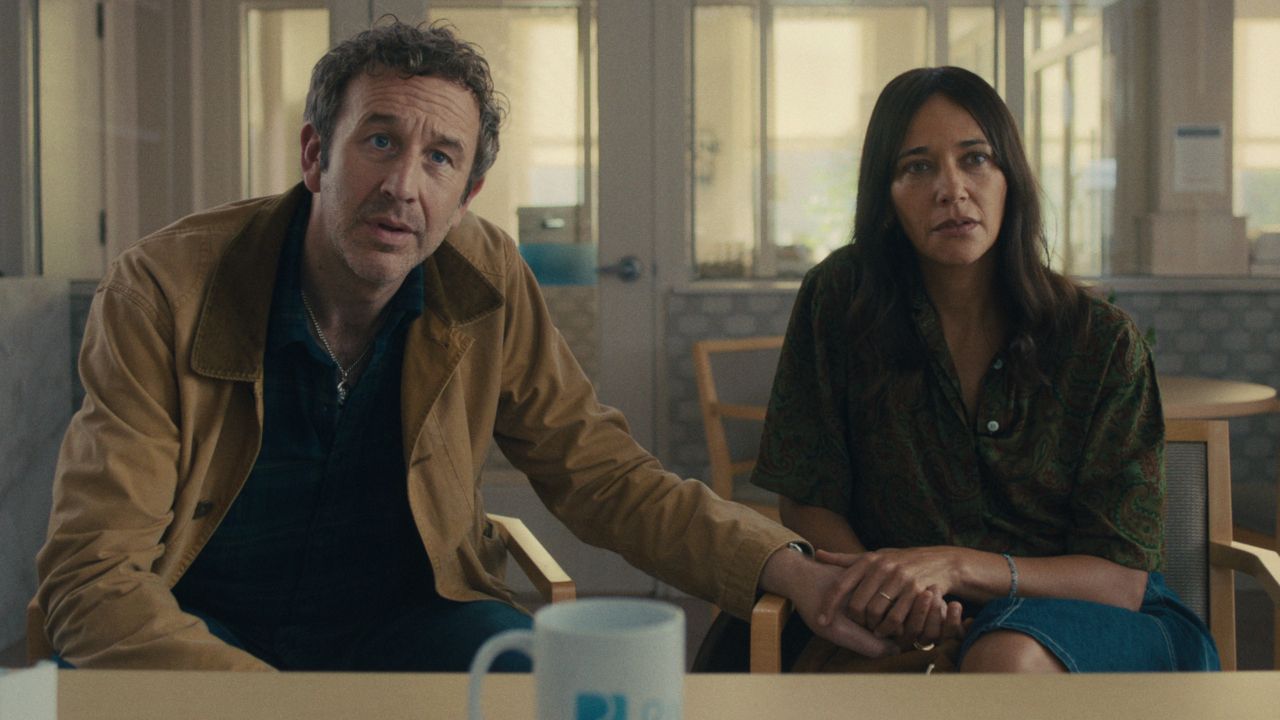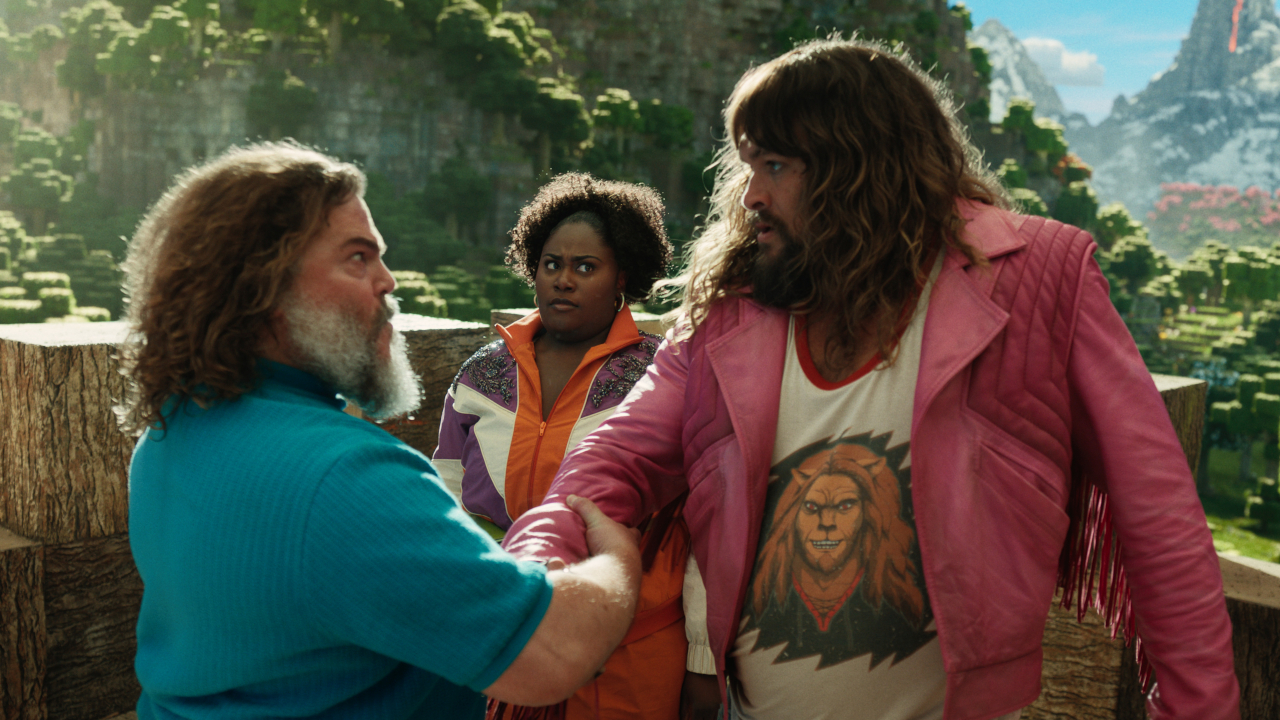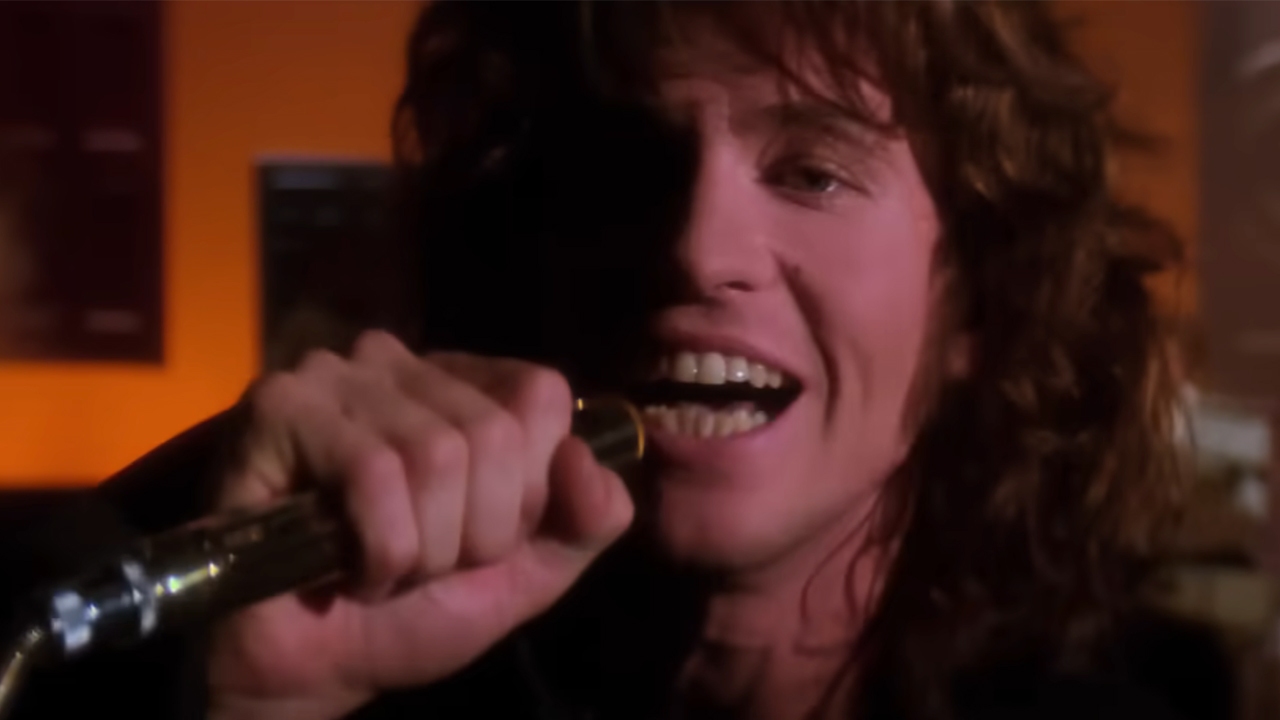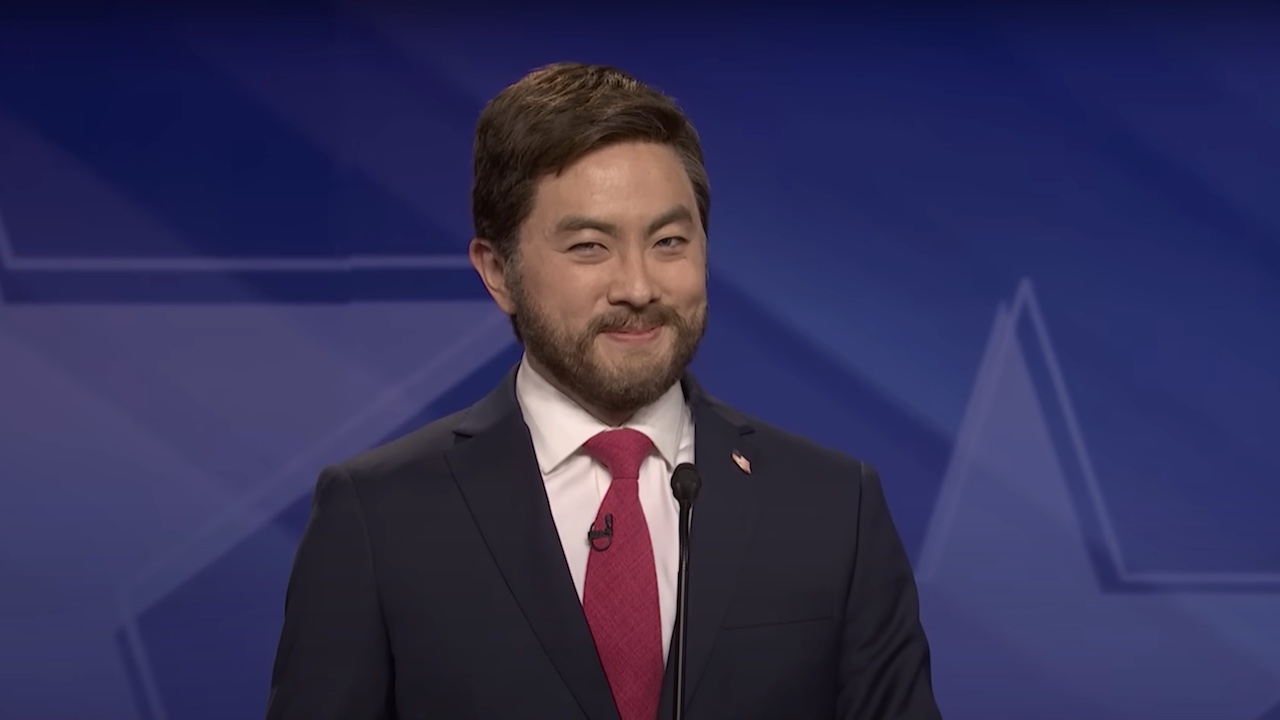32 Great Movies John Williams Composed The Score For
John Williams is a national treasure.
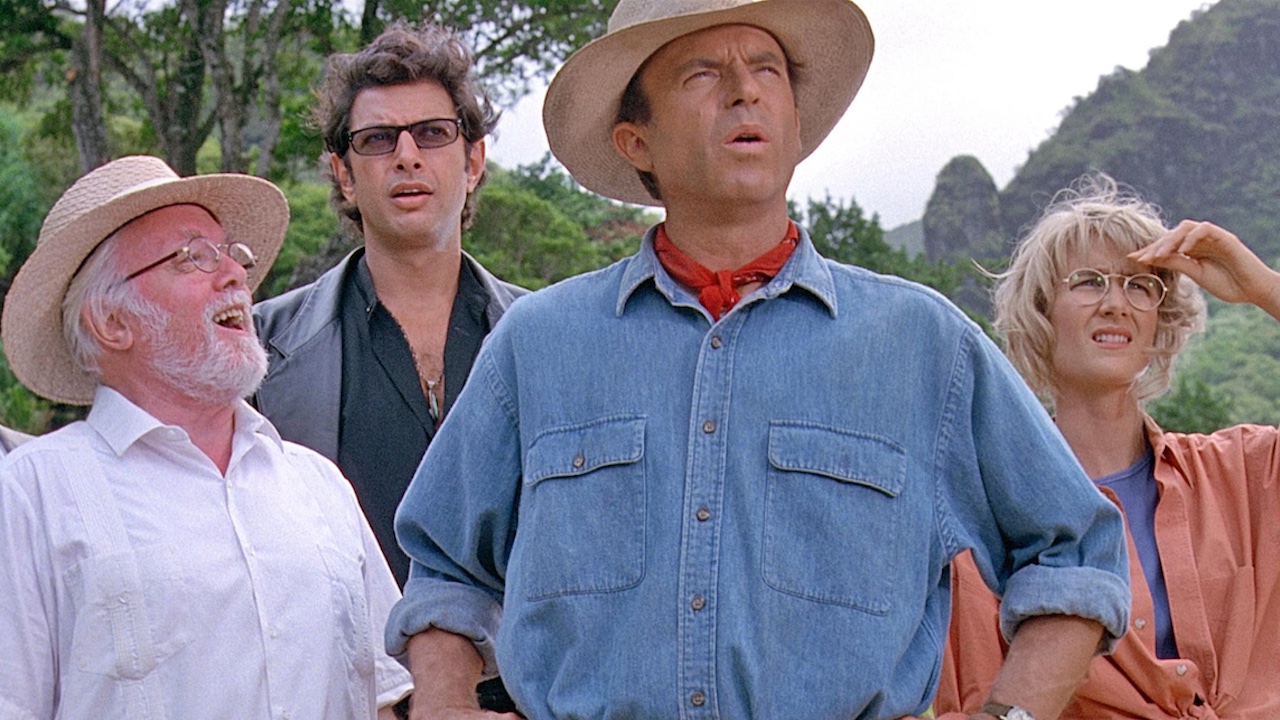
What do all-time great sci-fi movies like Star Wars and Jurassic Park, the Harry Potter film franchise, and quite a few Best Picture winners have in common? If you guessed they are all considered some of the best films of all time, you’d technically be correct, but that’s not the answer we’re looking for. If you guessed they all feature tremendous scores composed by John Williams, you’re in for a real treat. Below is a list of 32 great movies featuring the work of the Academy Award-winning composer, including several of his collaborations with Steven Spielberg.
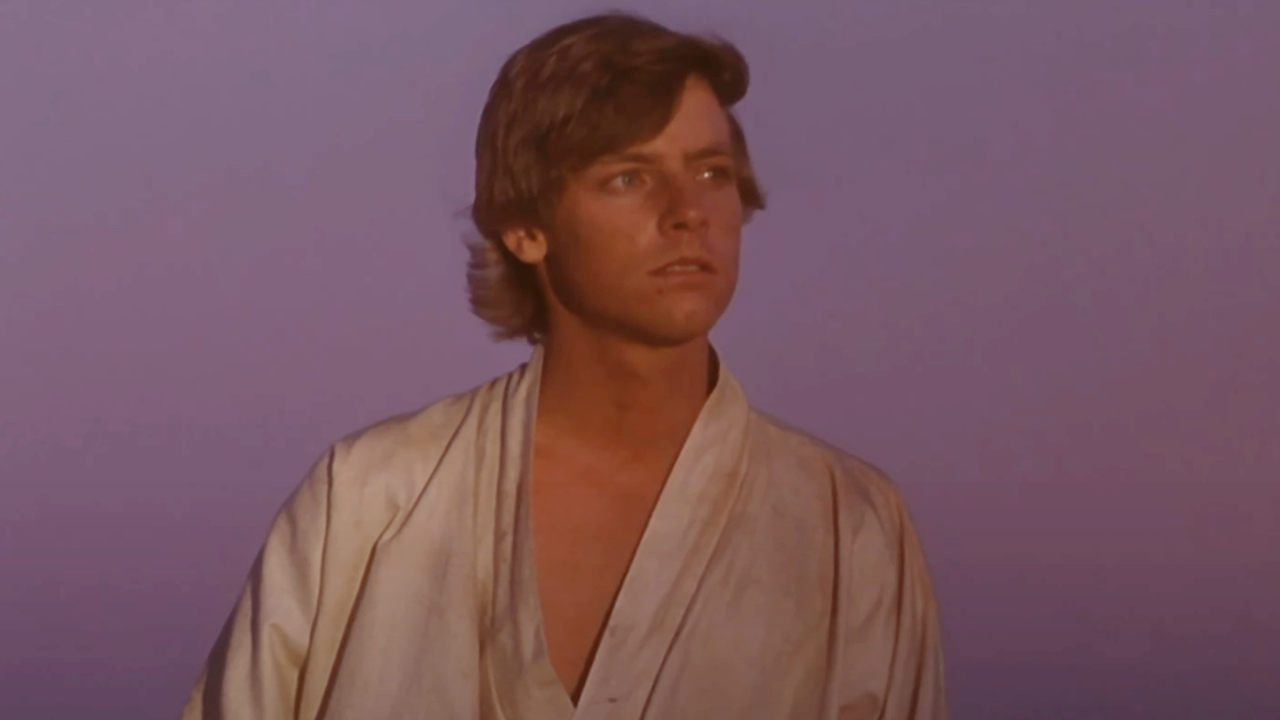
Star Wars: Episode IV – A New Hope (1977)
It is hard to imagine a world in which anyone but John Williams composed the Star Wars score, and luckily, we don’t have to experience that dark reality. His score, which won him an Oscar, brings so much pomp and circumstance to George Lucas’ epic space opera, and it all starts with the brilliant and iconic “Main Title” sequence. But the real crown jewel is the “Binary Sunset” moment as Luke Skywalker (Mark Hammill) ponders his future.
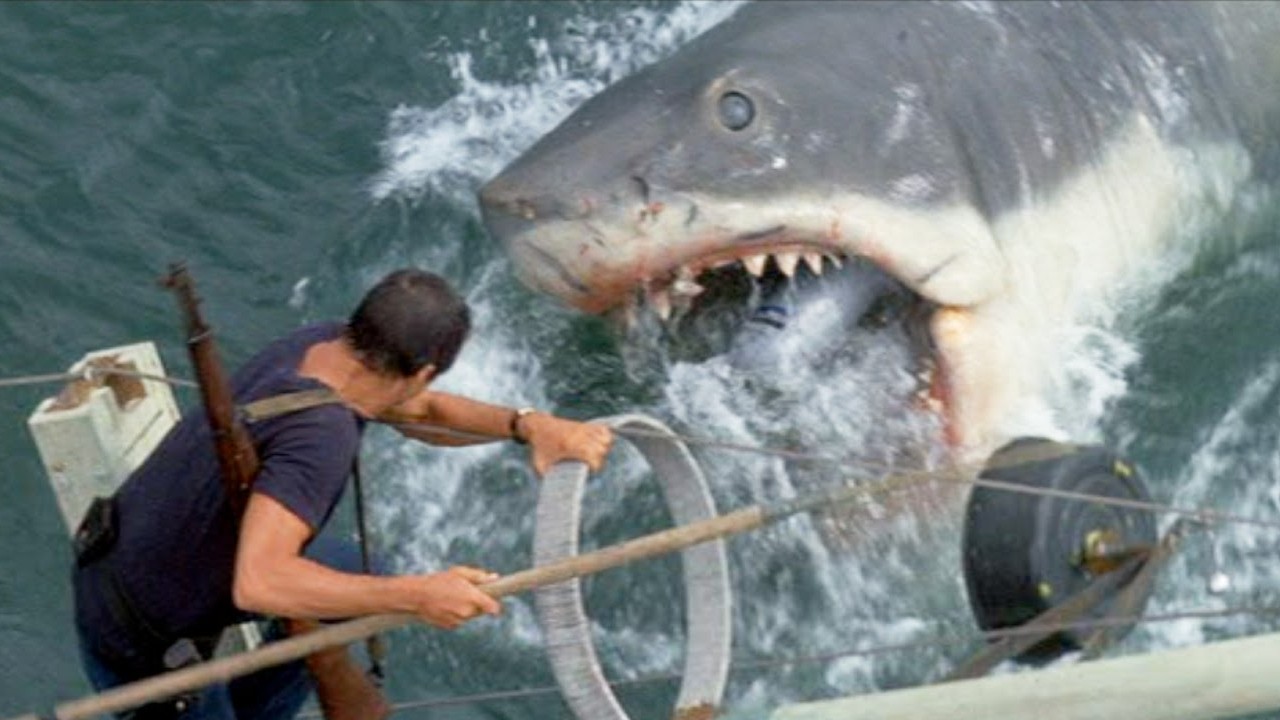
Jaws (1975)
Steven Spielberg’s Jaws is still considered one of the best movies of all time nearly 50 years after its release, and the legendary blockbuster is made even better thanks to John Williams’ score, which earned the composer an Oscar. The simple yet effective opening theme, with its pounding piano and orchestration, sets the stage for what’s to come spectacularly in addition to providing one of cinema’s scariest moments.
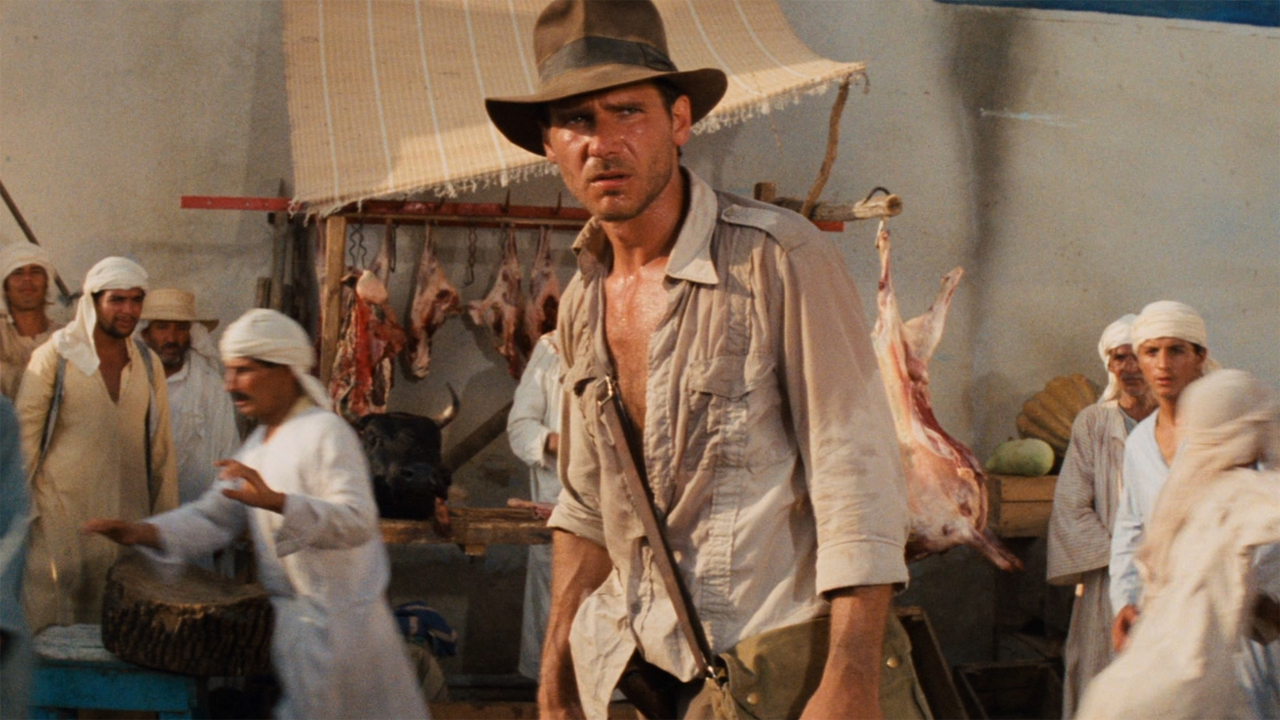
Raiders Of The Lost Ark (1981)
In addition to kicking off the Indiana Jones franchise, Steven Spielberg’s Raiders of the Lost Ark also features one of John Williams’ most well-known tracks: the “Raiders March.” It’s hard not to see Harrison Ford’s beloved character swinging, swashbuckling, and fighting Nazis whenever this composition comes on.
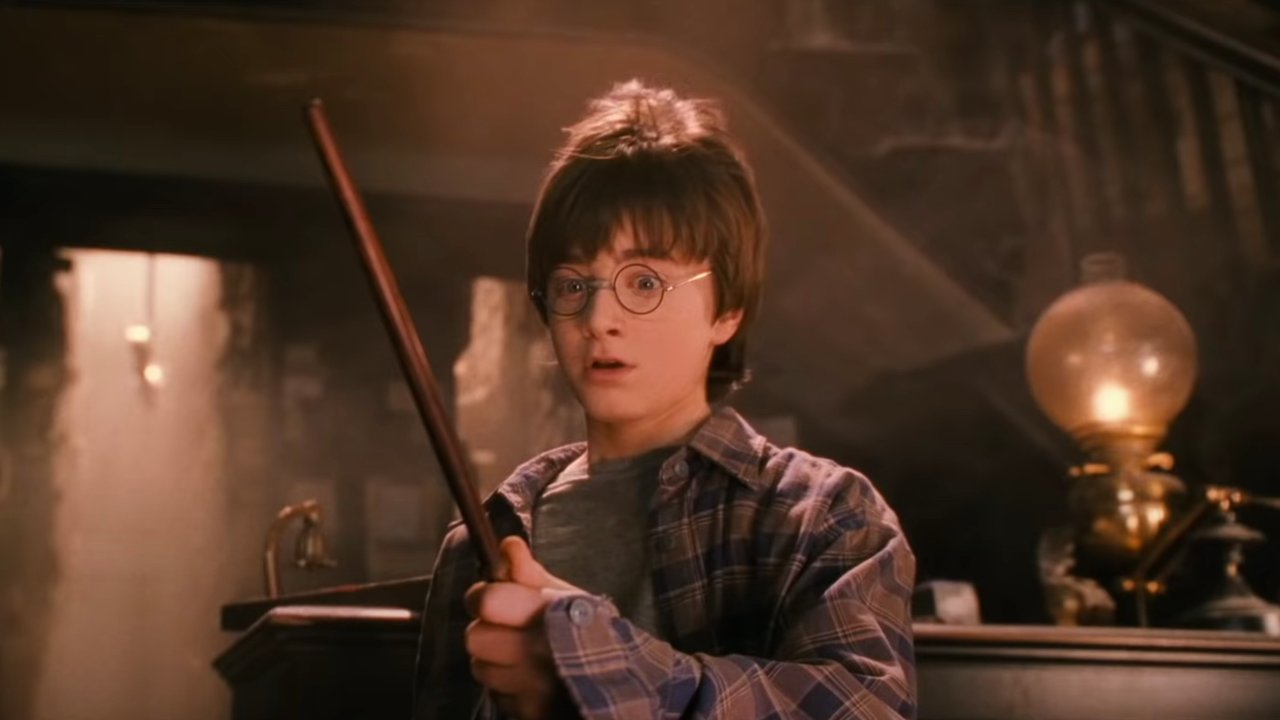
Harry Potter And The Sorcerer's Stone (2001)
Though composers like Patrick Doyle, Nicholas Hooper, and Alexandre Desplat would go on to provide the music for later films in the franchise, John Williams kicked things off with Harry Potter and the Sorcerer’s Stone. Several of the songs featured in Chris Columbus’ 2001 fantasy film have gone on to become some of Williams’ most popular tracks, including “Hedwig’s Theme.”
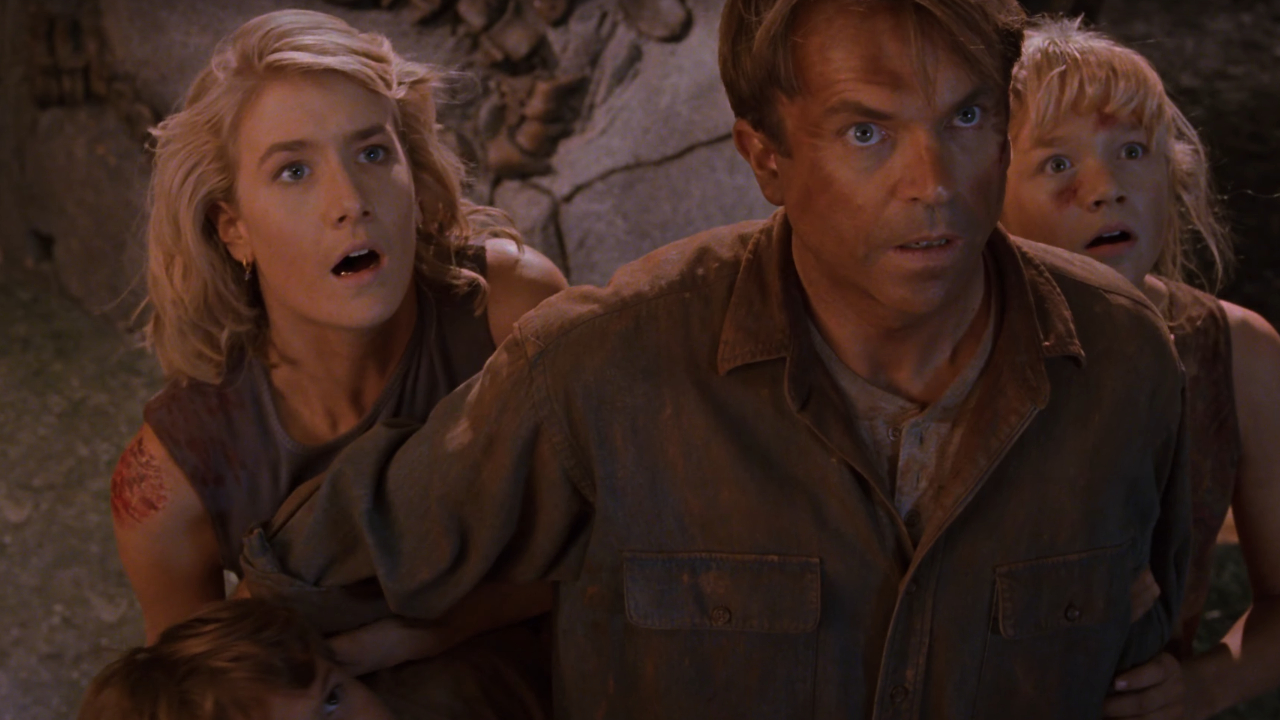
Jurassic Park (1993)
The Jurassic Park score, which features some of John Williams' best work, is a tour de force that captures a range of feelings, much like the 1993 dinosaur movie it accompanies. Essentially every track is noteworthy, especially the triumphant main theme and the more subdued “Welcome to Jurassic Park,” which plays during the movie’s more emotional moments.
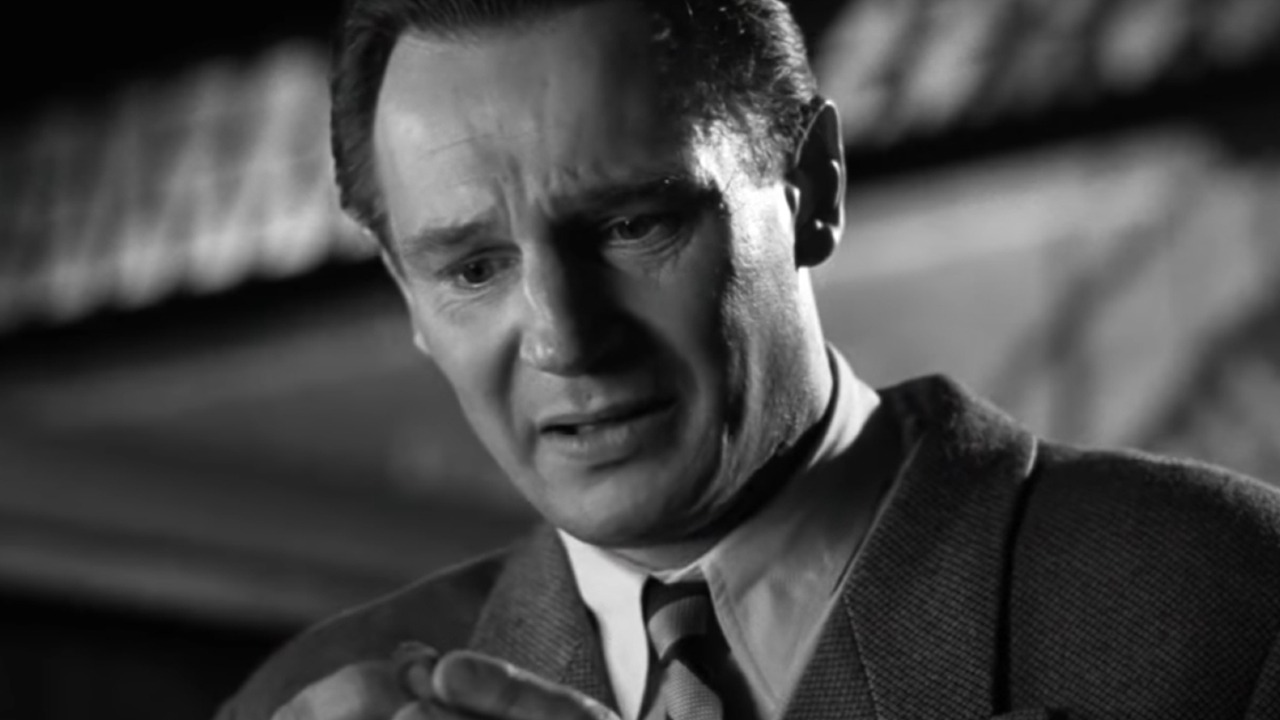
Schindler's List (1993)
Just like director Steven Spielberg, John Williams pulled double-duty in 1993 with the releases of the huge movies Jurassic Park and Schindler’s List, which would go on to win the Oscar for Best Picture. The violin in the score’s main theme adds a great deal of weight and emotion to this brilliant yet harrowing Holocaust drama.
CINEMABLEND NEWSLETTER
Your Daily Blend of Entertainment News
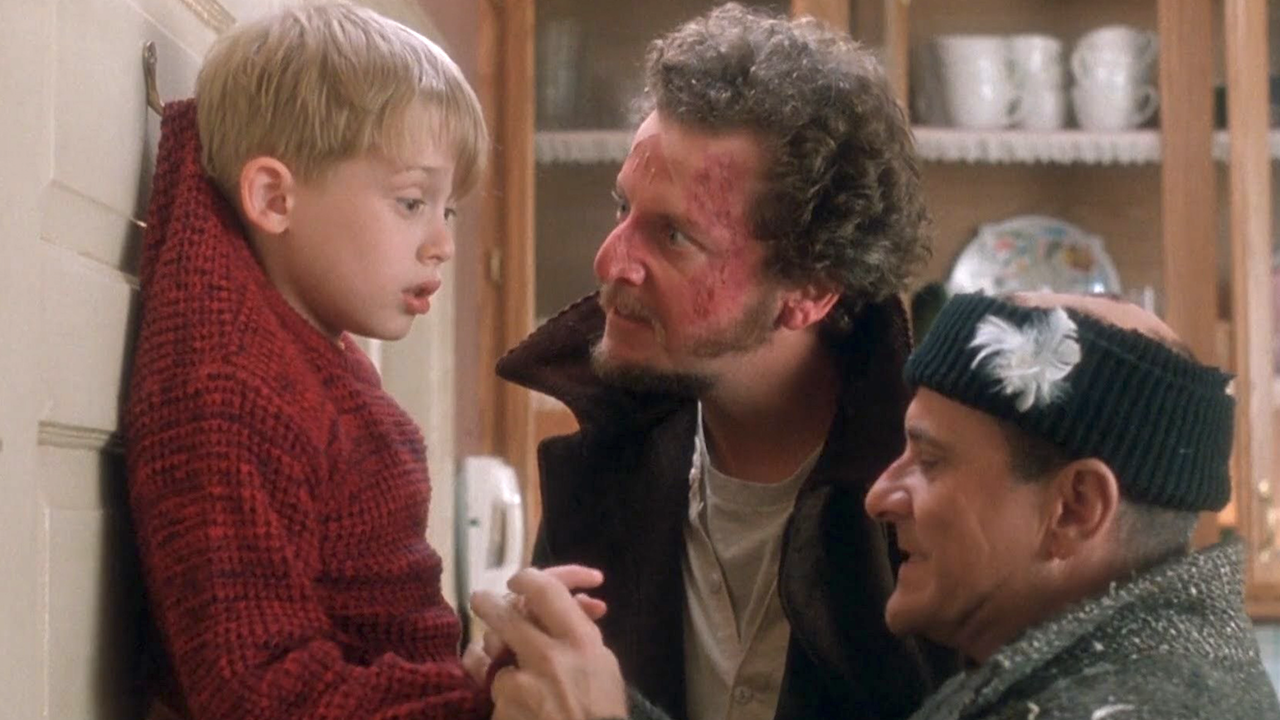
Home Alone (1990)
In 1990, John Williams got the opportunity to write a score for one of the best Christmas movies of all time, Home Alone, which allowed him to create some of the best tracks of his career. From the outstanding title sequence to the poignant “Somewhere in My Memory,” the compositions hit you right in the heart. Oh, and let’s not forget the epic “Setting the Traps” sequence.
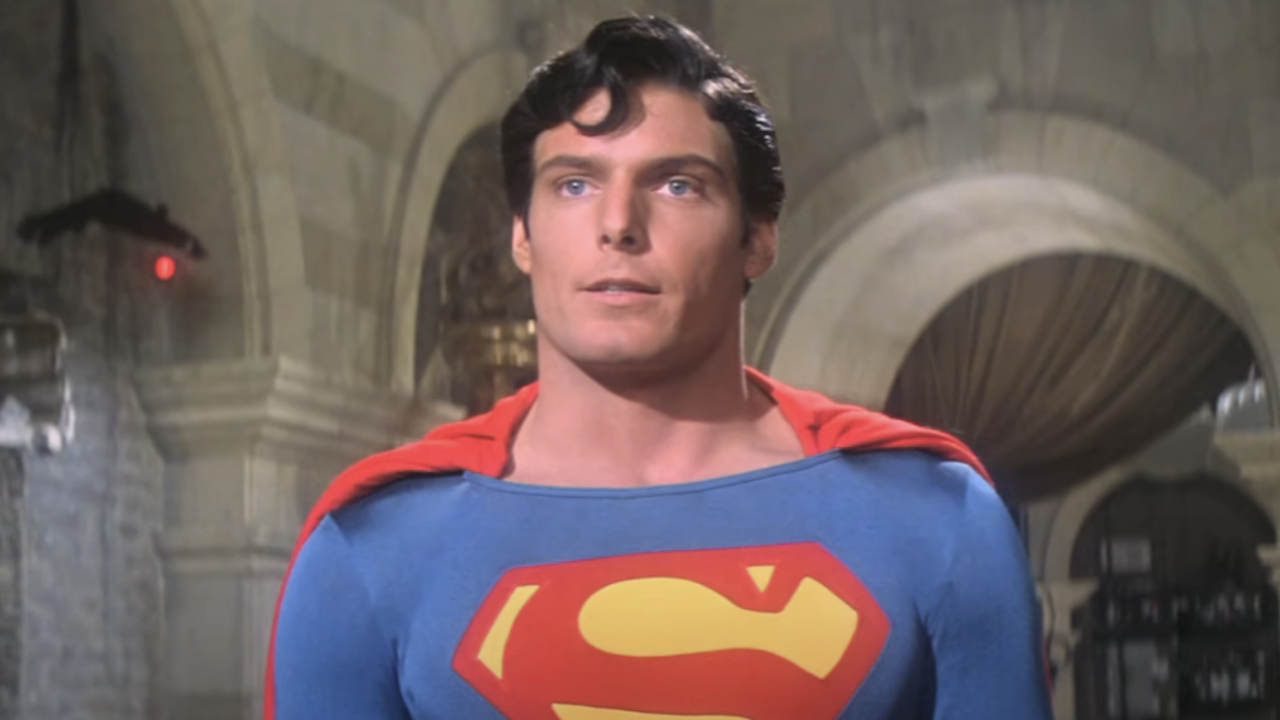
Superman (1978)
The main title march in Richard Donner’s Superman is not only one of John Williams’ best creations, but it’s also in the running for one of the best superhero movie songs ever. It’s so triumphant, pure, and magical. Not even kryptonite could slow this track down.
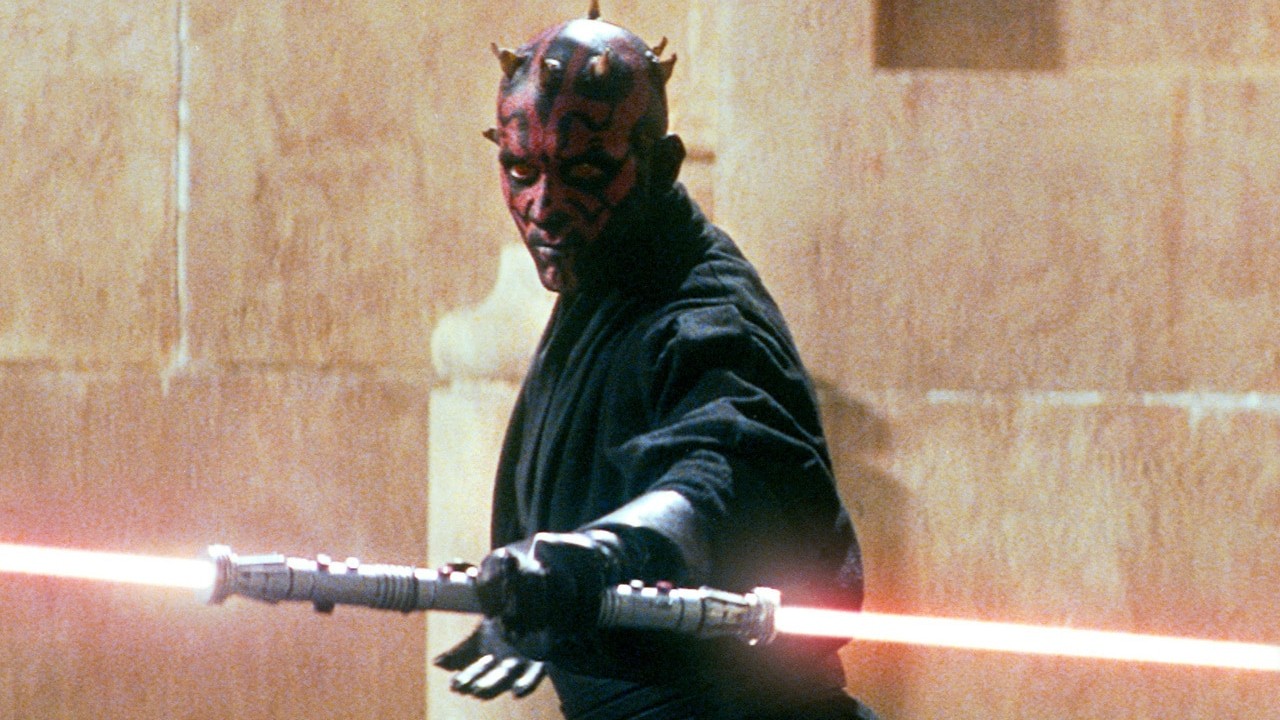
Star Wars: Episode I - The Phantom Menace (1999)
Star Wars: Episode I - The Phantom Menace may not be high up in our Star Wars rankings, but George Lucas’ 1999 prequel did give us the epic “Duel of the Fates” track that plays during the film’s final lightsaber fight. The instrumentals are one thing, but the resounding performance from the London Voices is so good you have to let the Sequel Trilogy’s transgressions go.
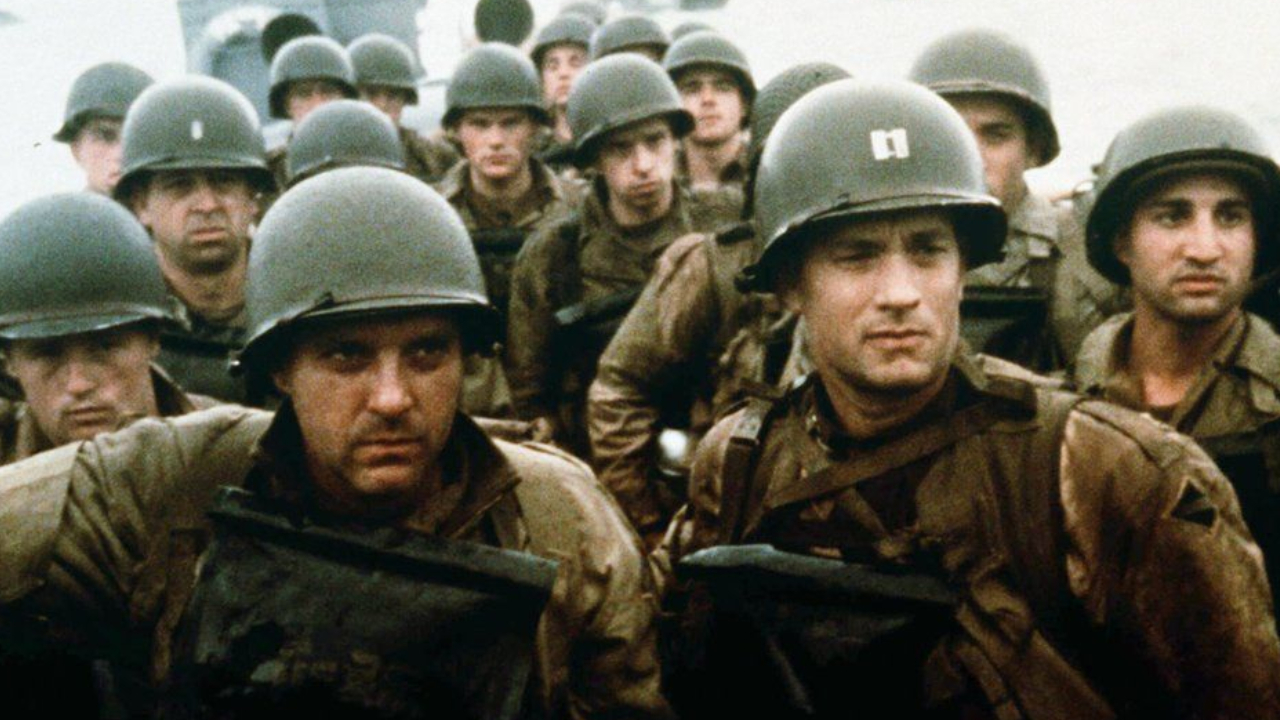
Saving Private Ryan (1998)
A movie that should have won Best Picture, Steven Spielberg’s Saving Private Ryan featured another superb collaboration between the director and John Williams. The beloved composer starts with the wonderfully constructed “Hymn to the Fallen,” which carries weight and sounds similar to Aaron Copland’s iconic “Fanfare for the Common Man.”
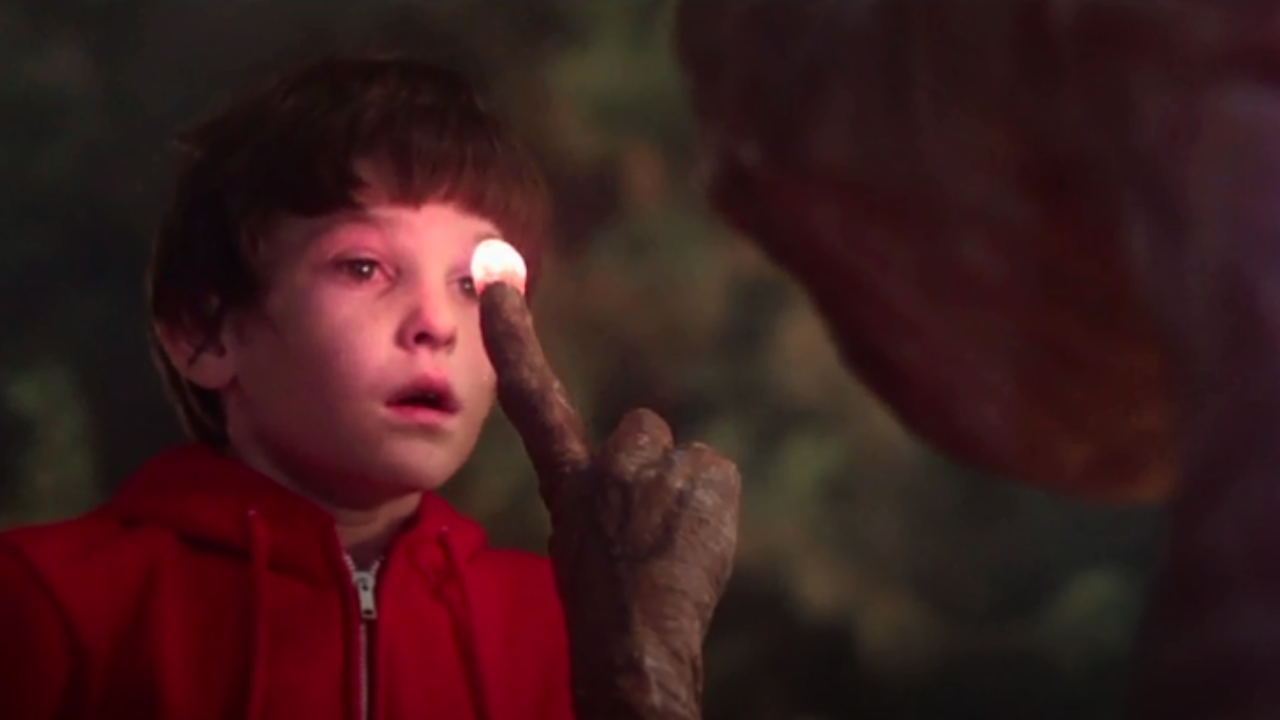
E.T. The Extra-Terrestrial (1982)
Few movies capture the awe and innocence of childhood better than Steven Spielberg’s E.T. the Extra-Terrestrial, and a lot of that has to do with John Williams’ lights-out score. Like, can you imagine the bicycle escape sequence without his composition blaring in the background as Elliott (Henry Thomas) and E.T. fly past the moon?
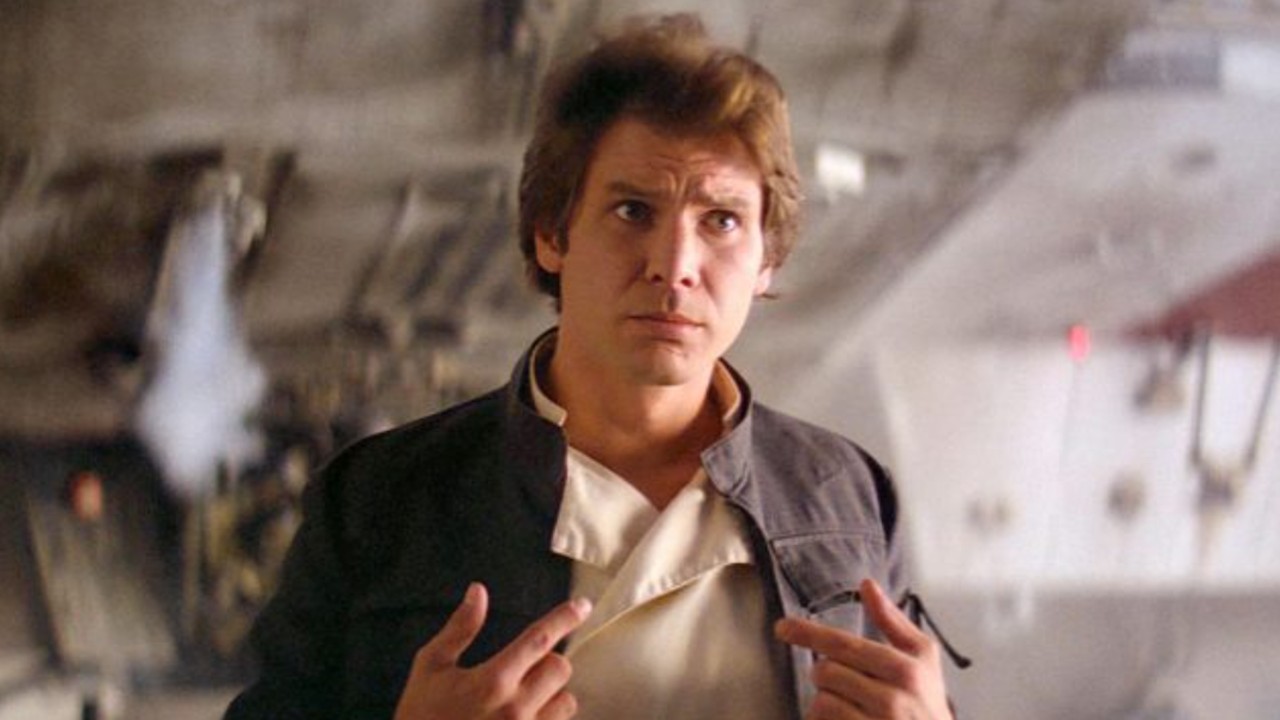
Star Wars: Episode V - The Empire Strikes Back (1980)
In addition to being considered the best sequel of all time, The Empire Strikes Back also gave the universe one of the franchise’s most recognizable and menacing tracks, “The Imperial March.” In the 40-plus years since the film’s release, John Williams’ additions to the Star Wars score, including “Yoda’s Theme,” have become major parts of the beloved series.
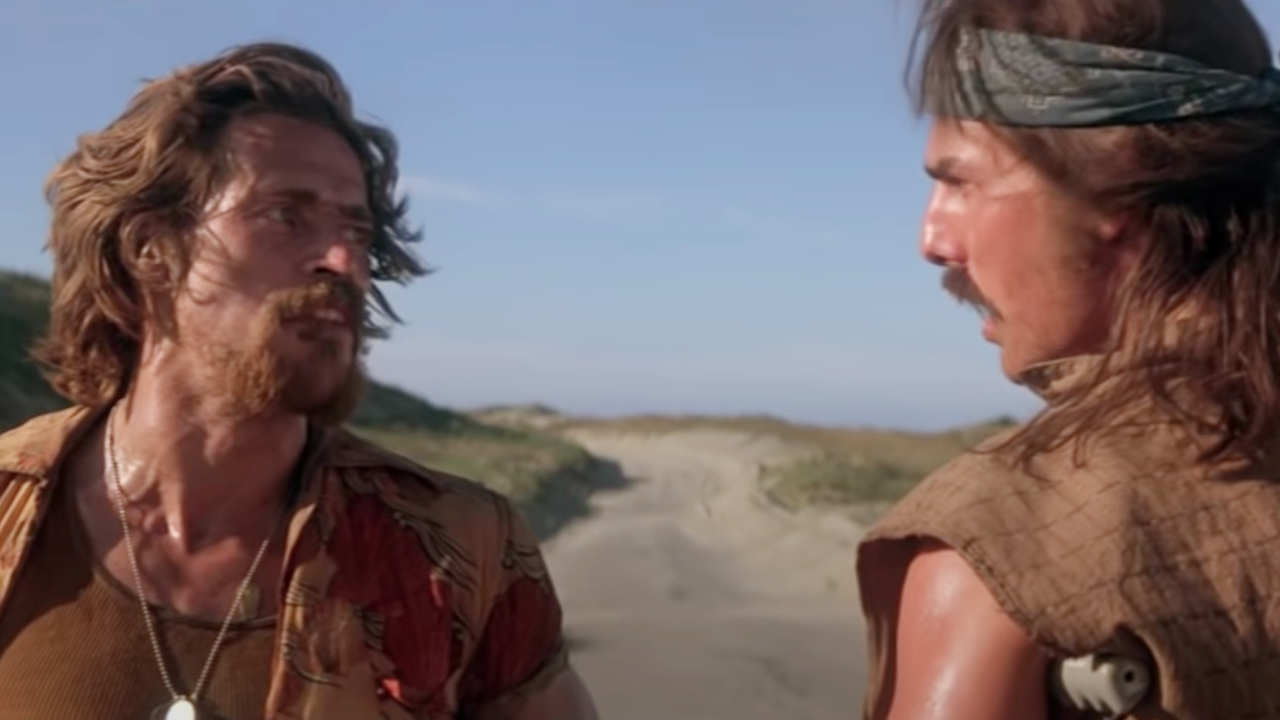
Born Of The Fourth Of July (1989)
Oliver Stone’s heartbreaking chronicling of the life of Ron Kovic (Tom Cruise) in Born on the Fourth of July is made all the more impactful by John Williams’ masterful score. At times beautiful and others gutting, the compositions, like the movie they accompany, perfectly capture the emotions of an idealistic man reborn after being discarded by his country.
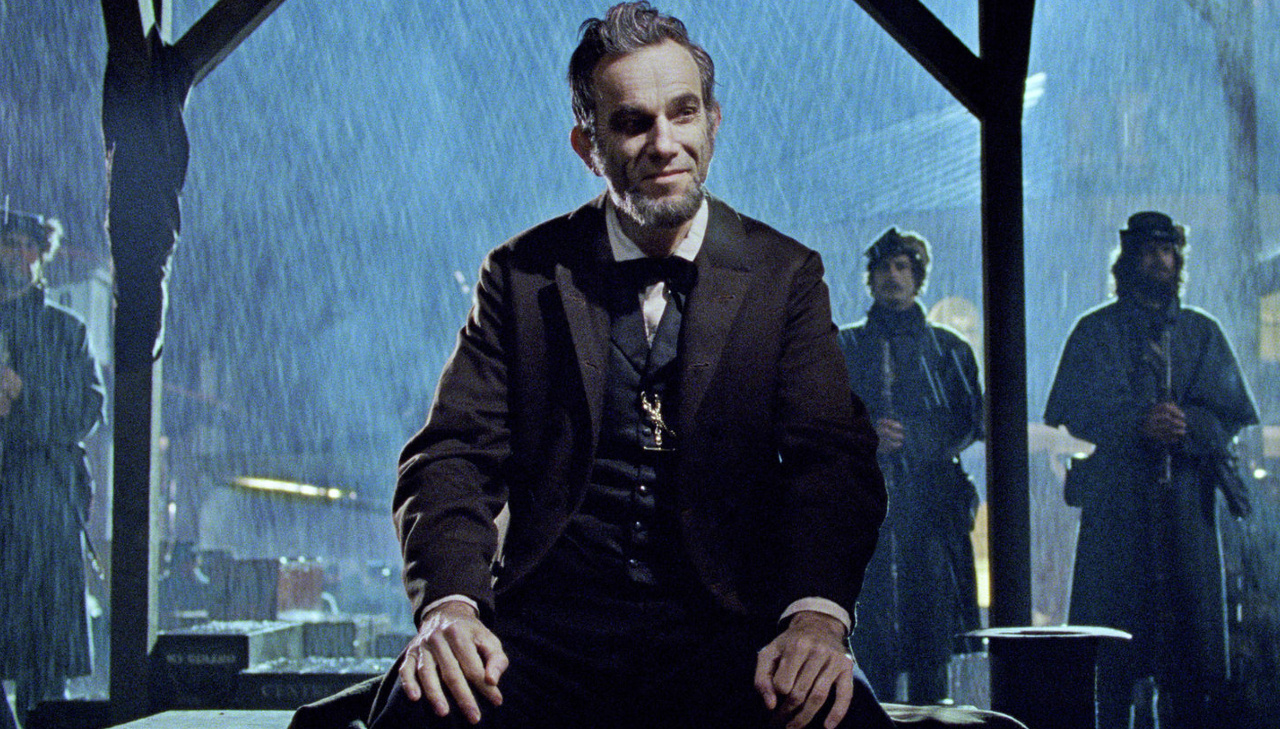
Lincoln (2012)
The subtle, somber, and sentimental tones of John Williams’ Lincoln score helped make the 2012 drama about the passage of the 13th Amendment all the more impactful. There are some loud moments, but the soundtrack is carried by those slower and quiet segments, which make the film one of Steven Spielberg’s best movies.
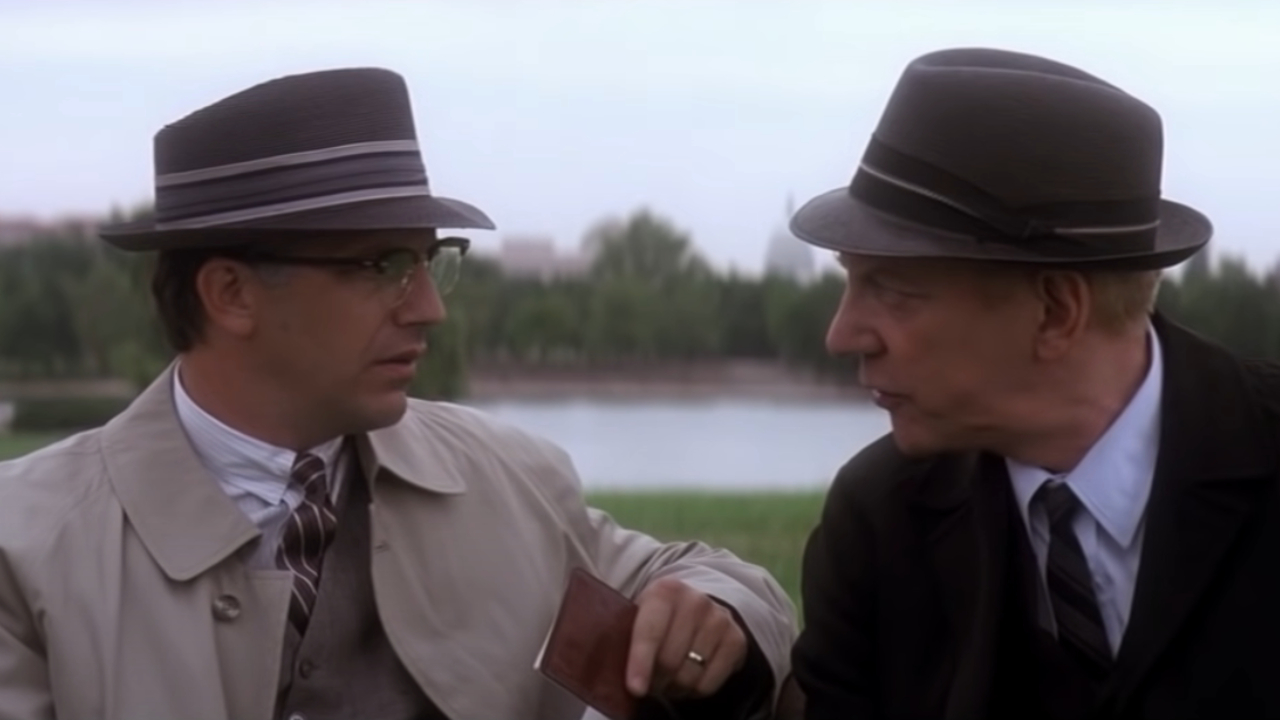
JFK (1991)
Oliver Stone’s 1991 conspiracy/legal drama, JFK, gave us one of John Williams’ best scores up to that point in his career, which is saying a lot considering everything he had done up to that point. There’s a combination of genres featured throughout the soundtrack that add weight and prestige to this twist-filled thriller.
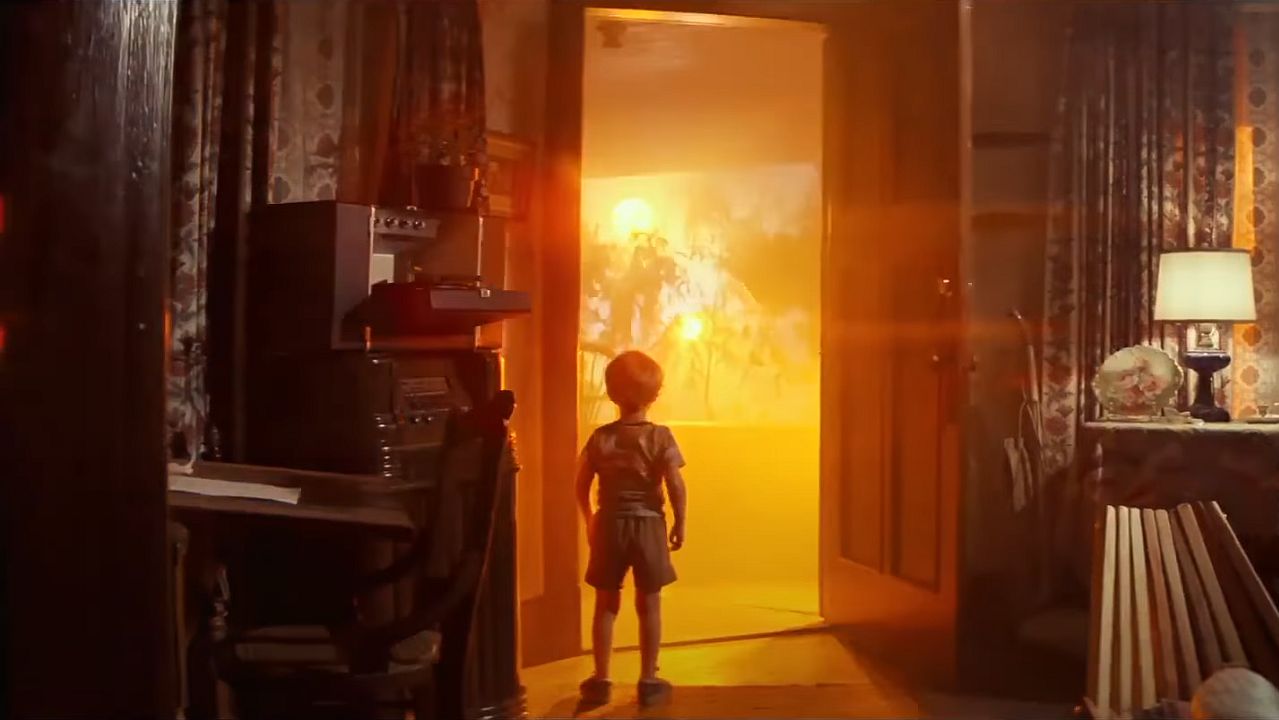
Close Encounters Of The Third Kind (1977)
John Williams’ score for Close Encounters of the Third Kind, a movie that came six months after Star Wars changed the industry, features a lot of the composer’s touchstones, including increasingly intricate anticipatory tracks that build to loud and triumphant orchestrations that hit with so much weight. And then there’s the “Wild Signals” moment when humans and aliens interact.
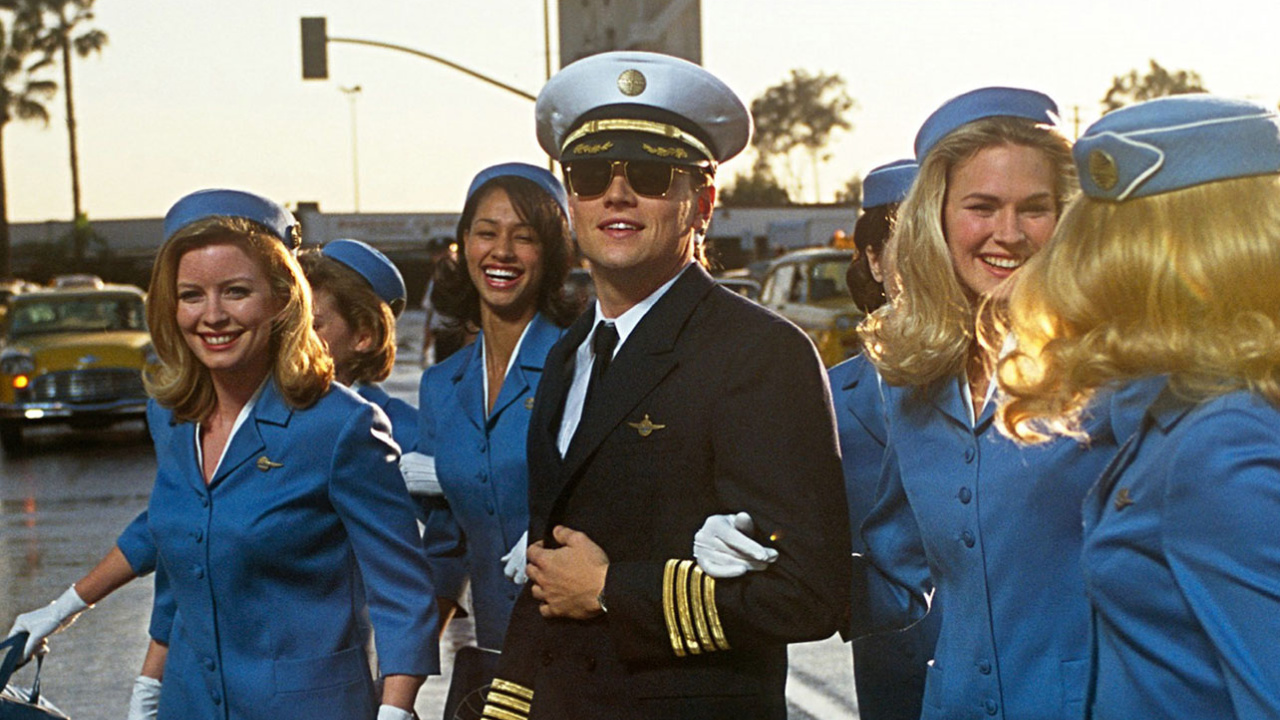
Catch Me If You Can (2002)
One of the best 2000s movies, Catch Me If You Can also features some of John Williams’ finest work of the 21st century. This is especially true when it comes to the enchanting title sequence with its mid-century animations and an almost jazz-infused orchestration. The rest of the movie about con artist Frank Abagnale (Leonardo DiCaprio) is great, but this opening number is the stuff of art.
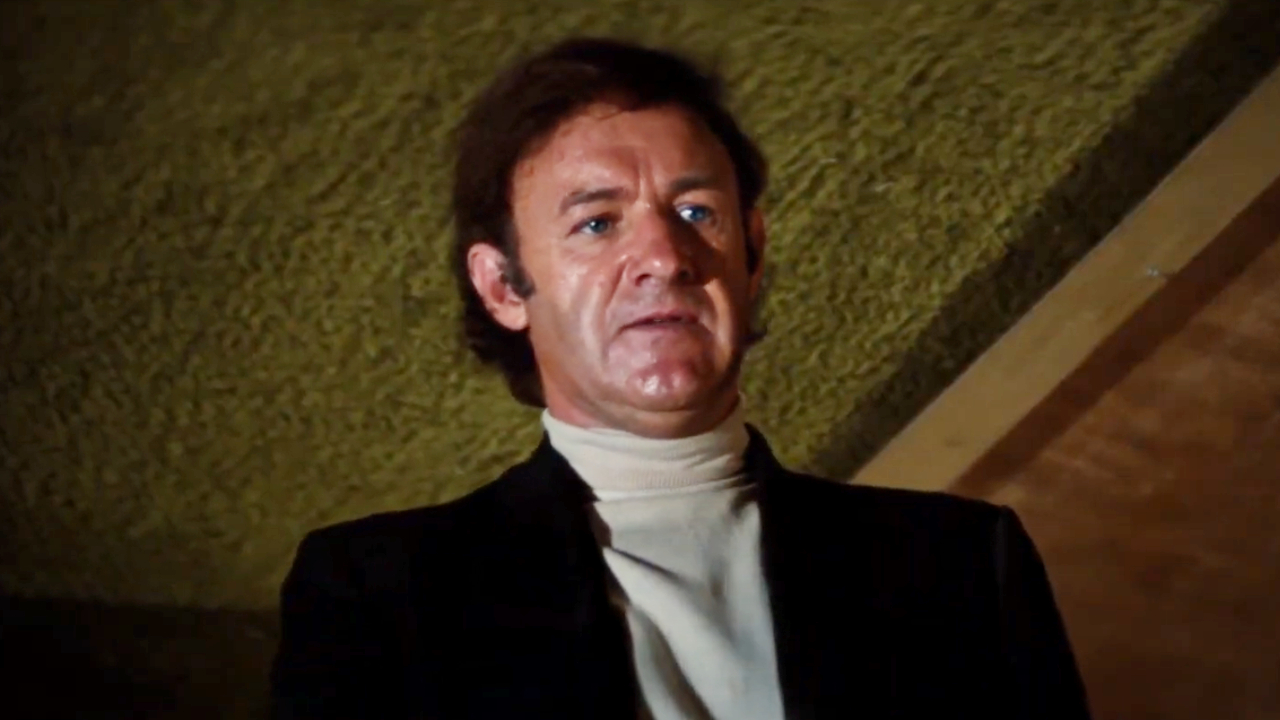
The Poseidon Adventure (1972)
In the early 1970s, John William provided the score for The Poseidon Adventure, an incredible disaster film about a capsized ship and a group of passengers as they attempt to reach safety. Just like Gene Hackman’s performance, Williams’ compositions are outstanding throughout the movie.
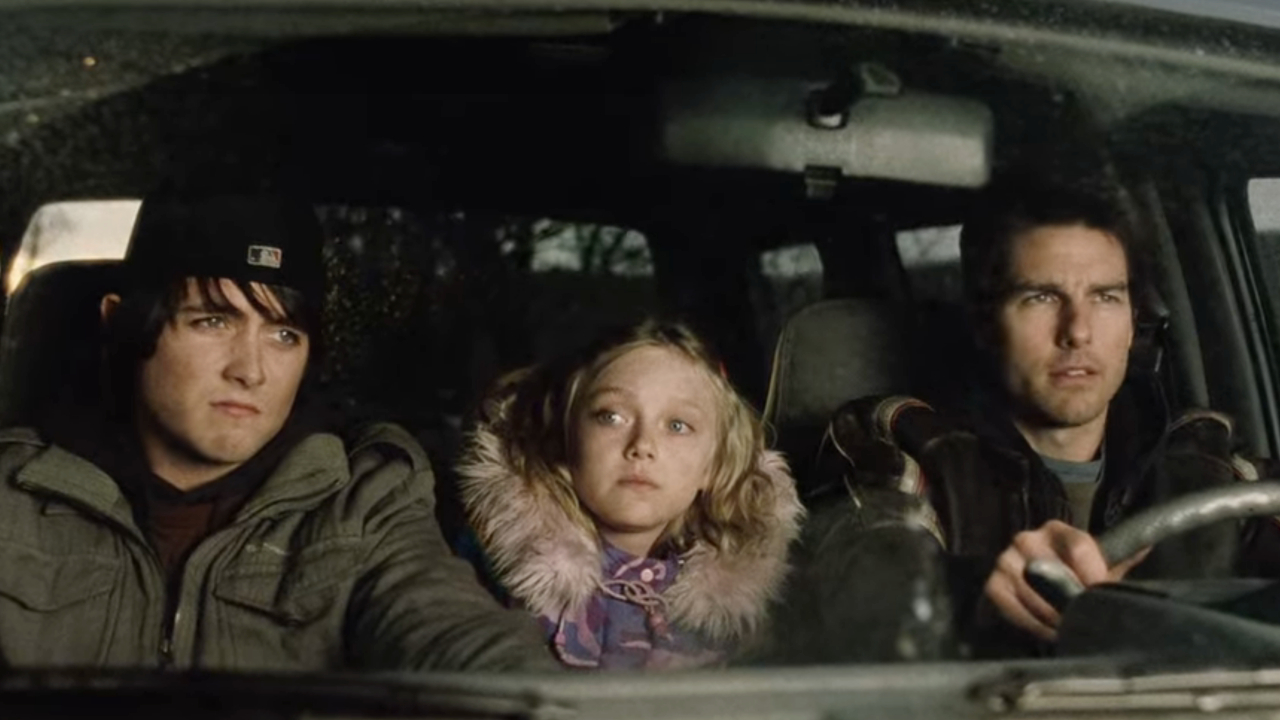
War Of The Worlds (2005)
When it came time for Steven Spielberg to adapt War of the Worlds into a terrifying big-budget sci-fi thriller, it had to be John Williams sitting in the composer’s chair. The film’s terrifying moments, as well as its more emotional sequences, are made all the better thanks to Williams’ touch.
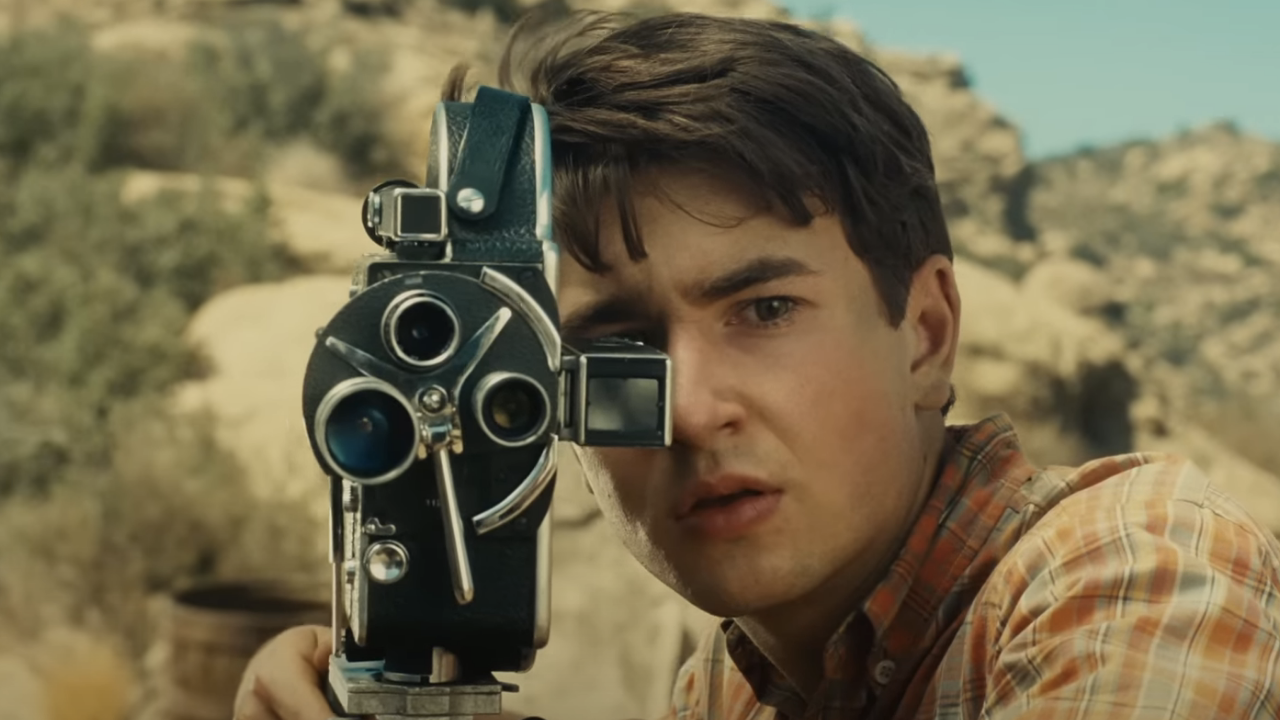
The Fabelmans (2022)
One of the best movies of 2022, Steven Spielberg’s semi-autobiographical coming-of-age drama, The Fabelmans, was an outstanding addition to the filmmaker’s rich filmography, and his most personal film in years. And who accompanied Spielberg on this journey through his formative years? Well, none other than John Williams.
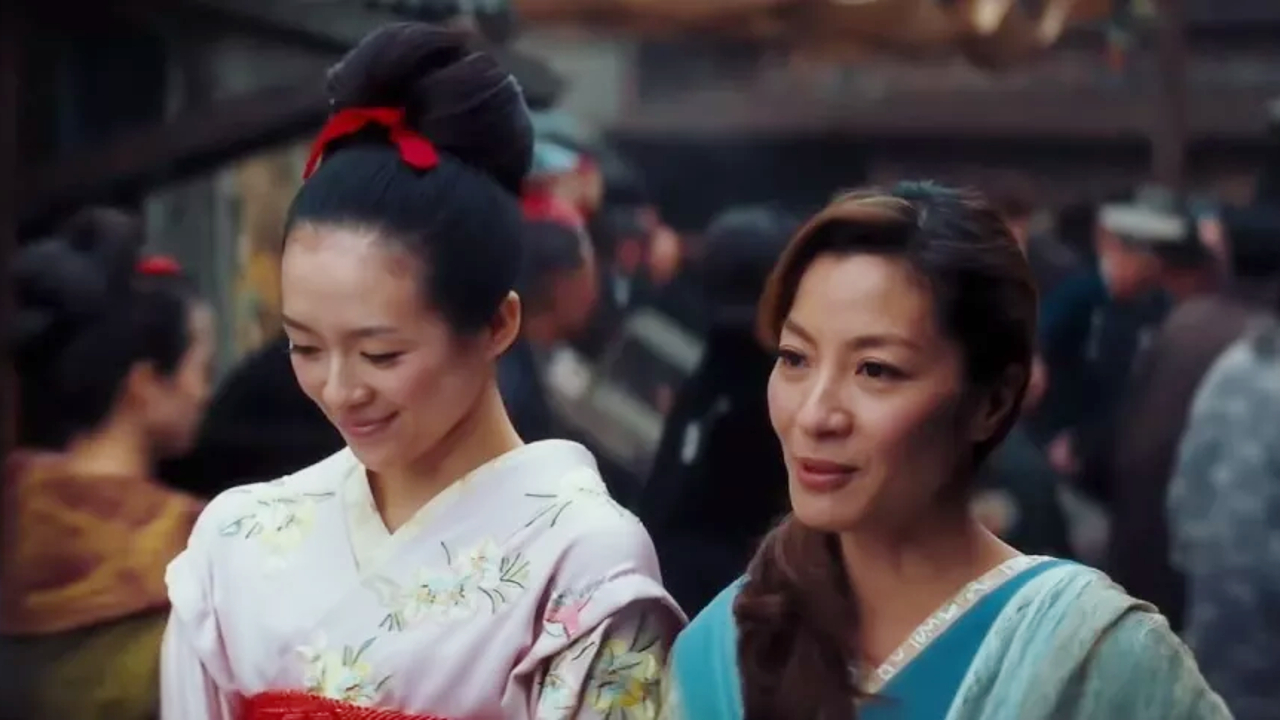
Memoirs Of A Geisha (2005)
Rob Marshall’s 2005 period drama, Memoirs of a Geisha, may not be the first movie to come to mind when discussing John Williams scores, but this Academy Award winner does feature some great compositions from the legendary composer. The opening track, “Sayuri’s Theme,” named after Zhang Ziyi’s character, combines the East and West to create a unique and sonically pleasing experience.
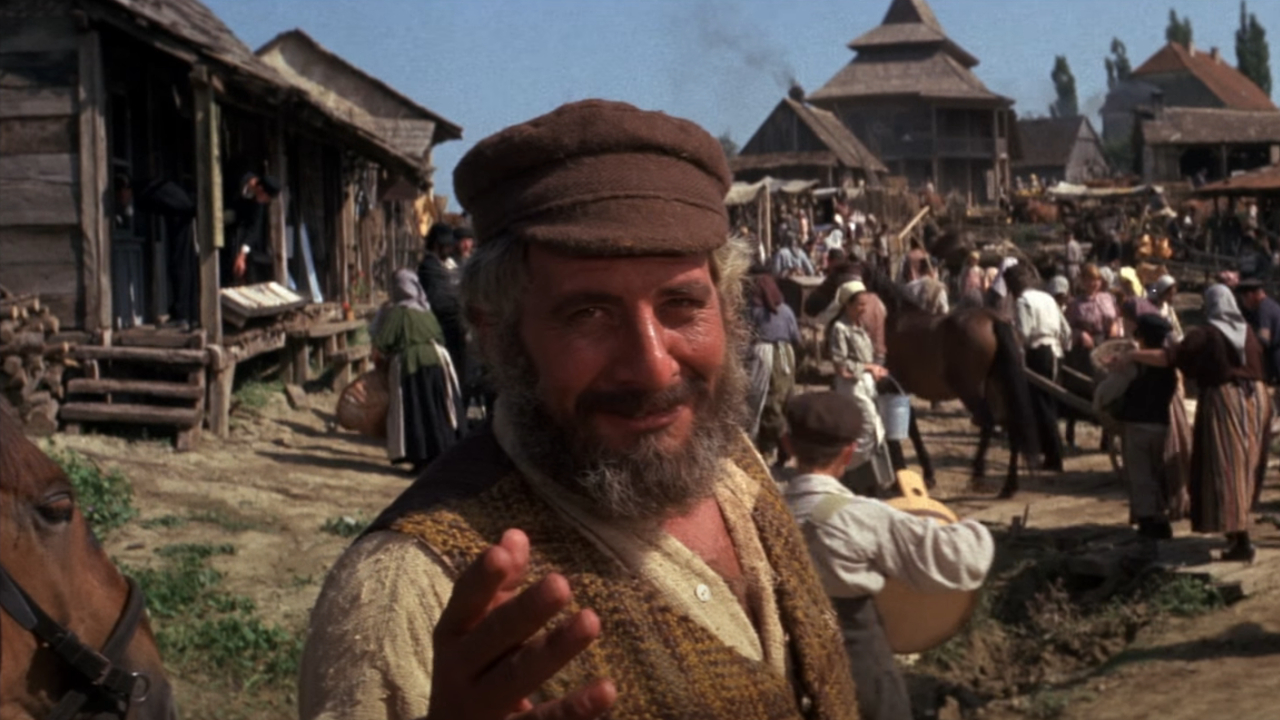
Fiddler On The Roof (1972)
Considered one of the best movie musicals, Fiddler on the Roof is an epic everyone should enjoy at least once in their life. The story, performances, and production design are all incredible, as is John Williams’ adaptation of the Broadway hit’s wonderful score.
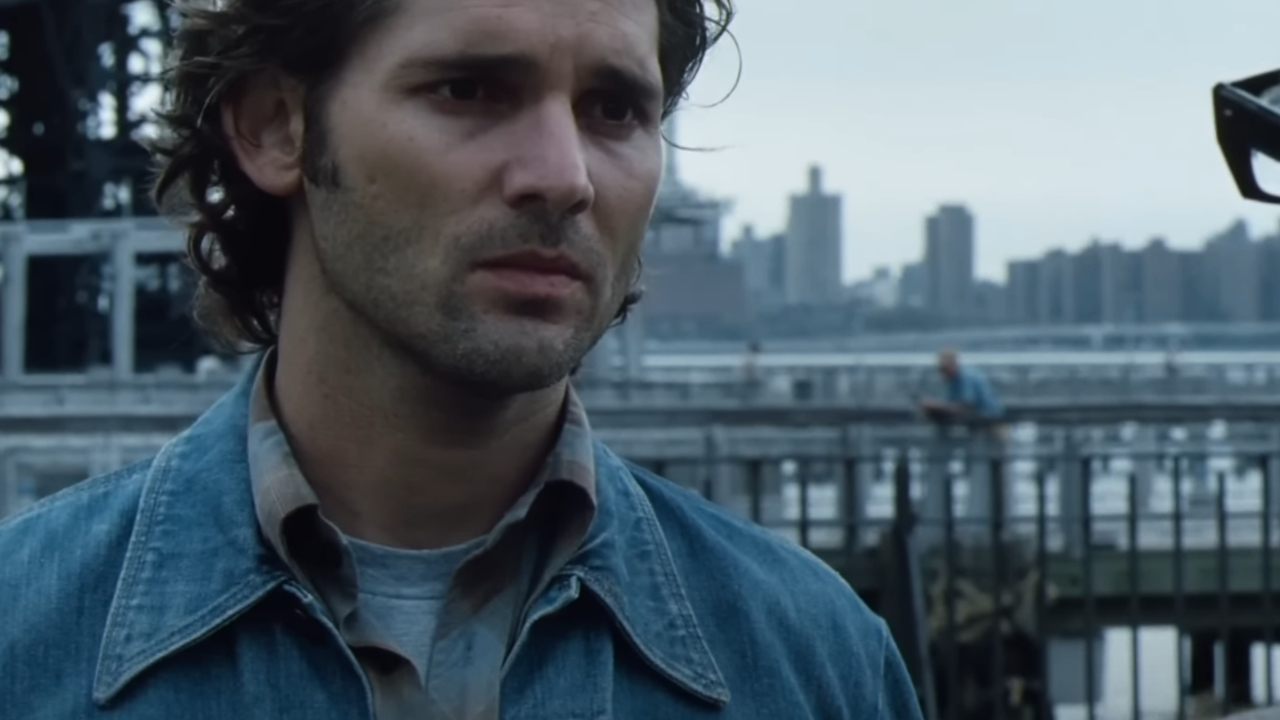
Munich (2005)
Steven Spielberg’s 2005 historical drama, Munich, which dramatized the Mossad assassinations in the fallout of the 1972 Munich Massacre, was another one of the filmmaker’s movies to feature the work of John Williams. The orchestrations, combined with the use of the “wailing woman” singing technique added a heightened sense of drama and urgency to the film’s more intense moments.
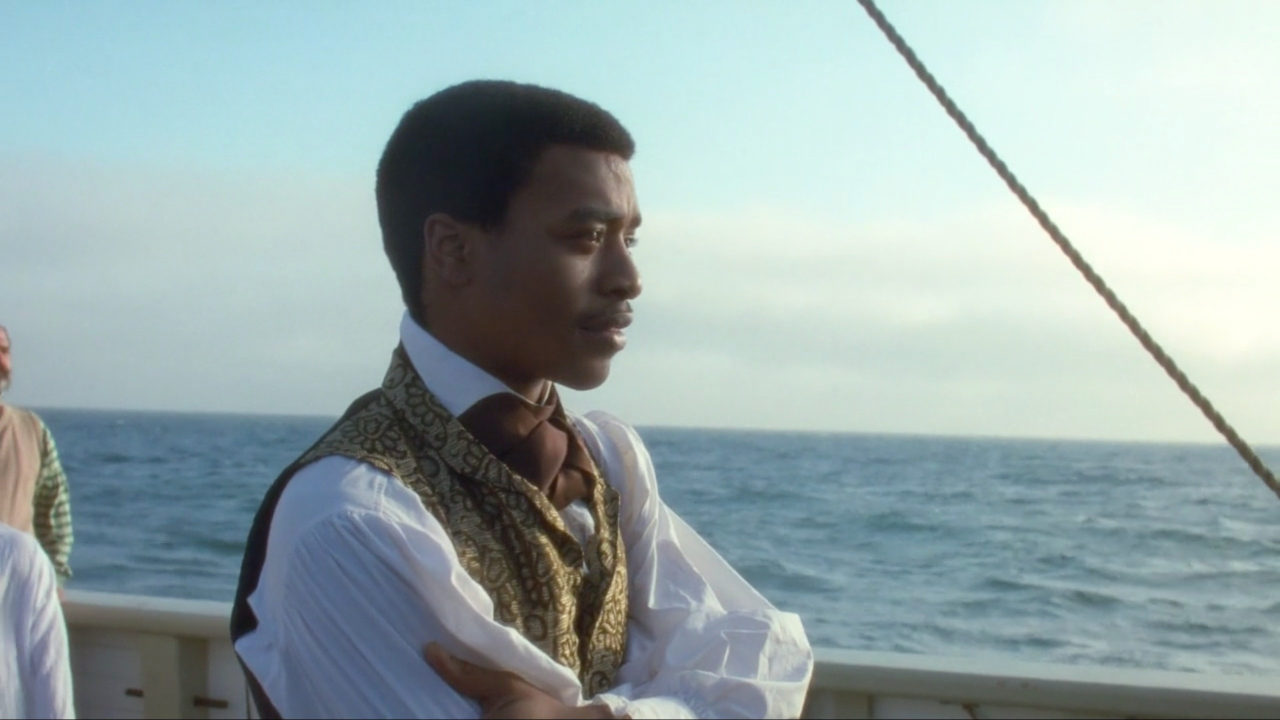
Amistad (1997)
John Williams’ work on Steven Spielberg’s 1997 drama, Amistad, a movie that centered on a legal battle after a group of slaves take control of a ship before being recaptured, was enough to earn him another Oscar nomination. However, he would lose out to the powerhouse that was Titanic.
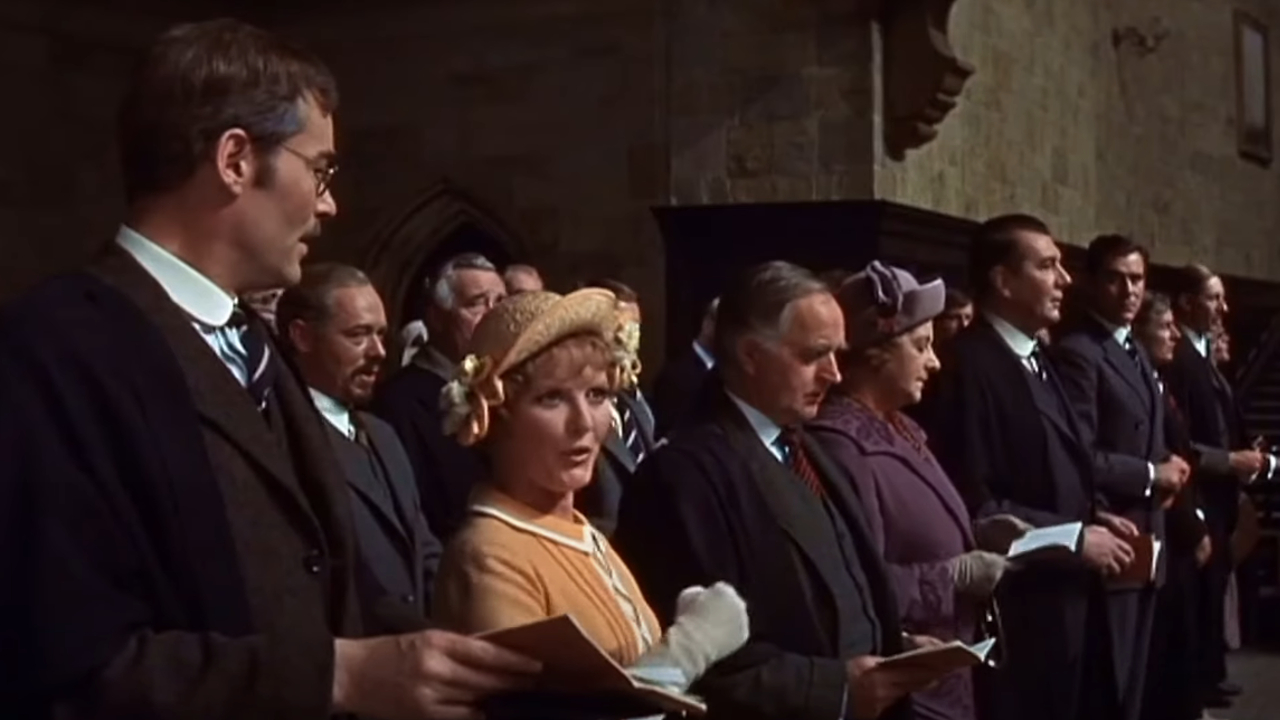
Goodbye, Mr. Chips (1969)
Goodbye, Mr. Chips, Herbert Ross’ 1969 musical starring Peter O’Toole and Petula Clark, is one of John Williams’ earlier films, as well as one that would serve as a taste of what was to come for the composer in the decades that followed.
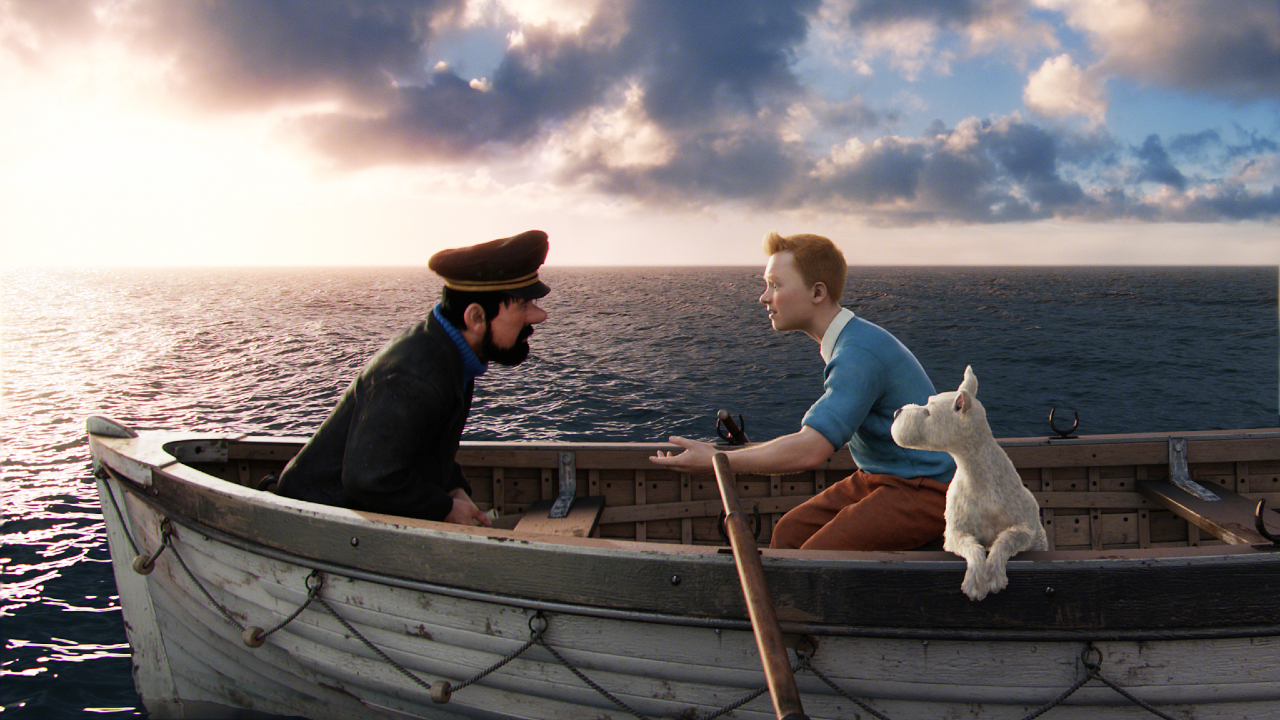
The Adventures Of Tintin (2011)
In 2011, Steven Spielberg gave the world The Adventures of Tintin, an animated adventure film based on the long-running comic series of the same name. There to help add to the sense of wonder and action found throughout this gem of a movie was John Williams, whose score elevates the story to the next level.
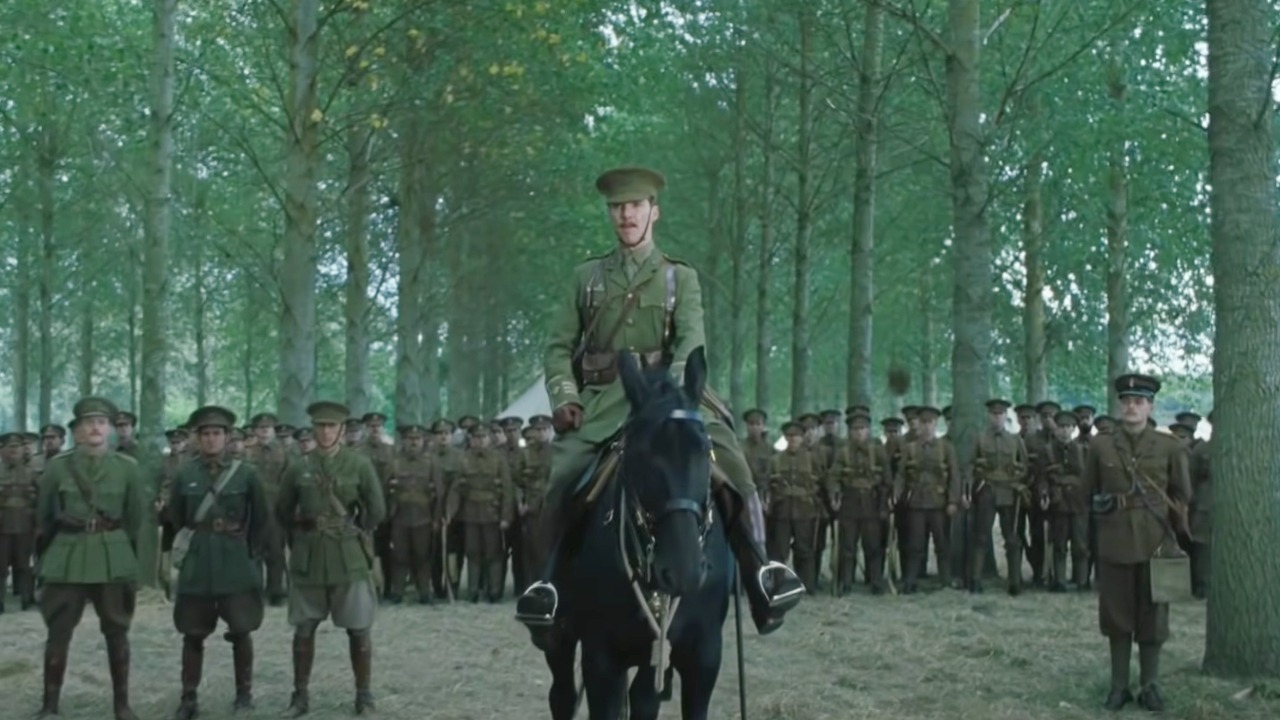
War Horse (2011)
Just like they did in 1993, Steven Spielberg and John Williams teamed up twice in 2011, a collaboration that included War Horse. This remarkable World War I movie has a little bit of everything, including moving instrumentals from the famed composer.
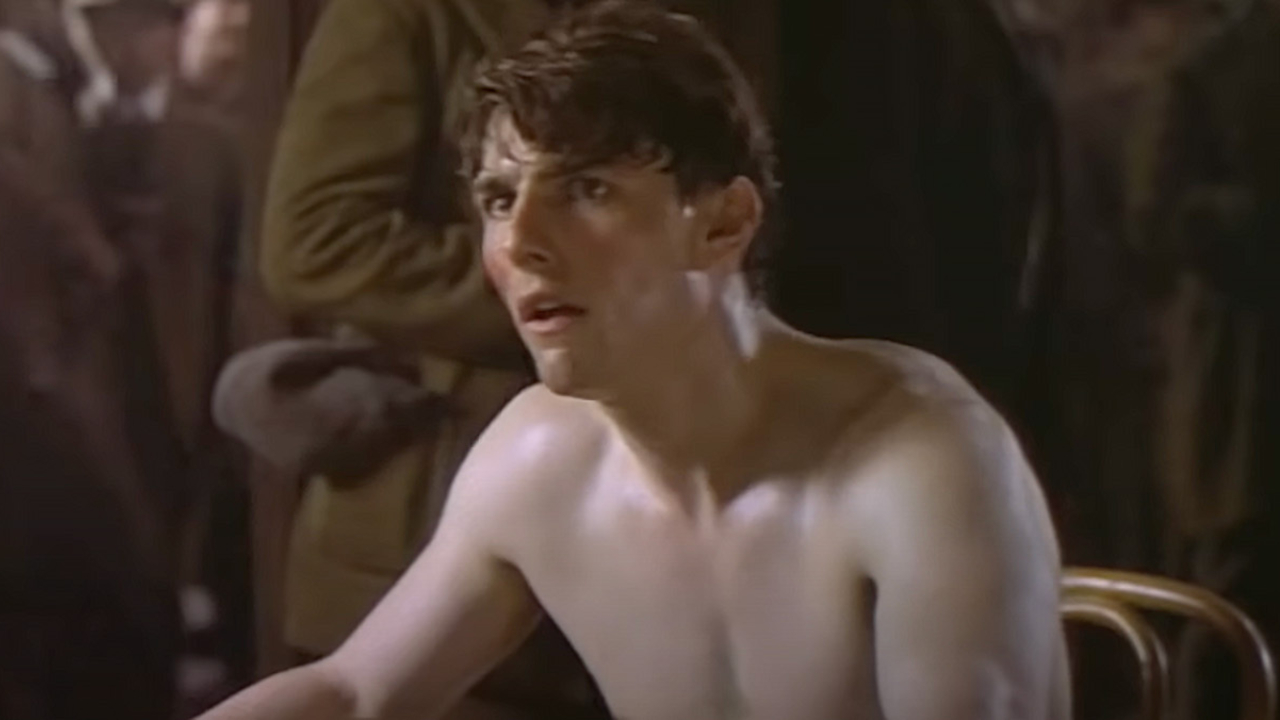
Far And Away (1992)
Ron Howard’s epic drama, Far and Away, follows a couple (played by Tom Cruise and Nicole Kidman) as they leave their native Ireland behind for a chance at a better life in America. The journey is made all the more emotional and adventurous thanks to John Williams and his unforgettable score, one filled with all types of music and movements.
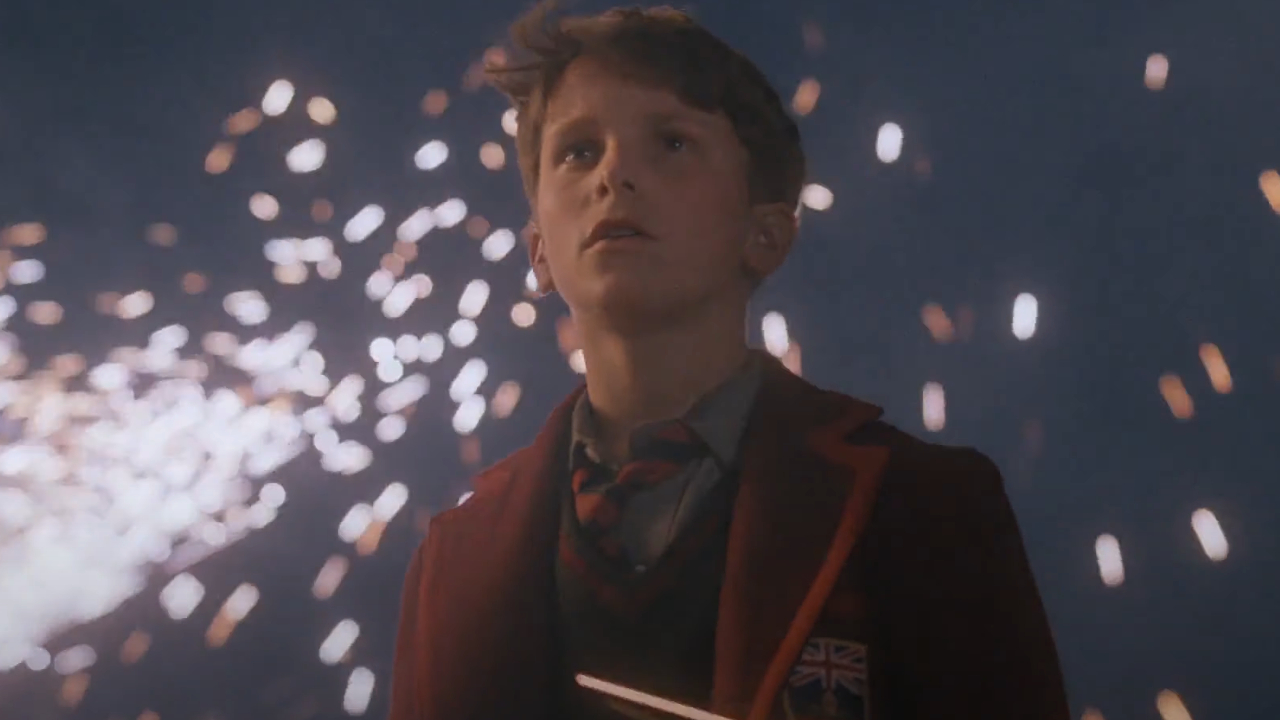
Empire Of The Sun (1987)
An ‘80s movie that doesn’t get enough love, Empire of the Sun has everything that makes a Steven Spielberg movie great: a wonderful cast led by a young Christian Bale, epic action, emotional drama, and a phenomenal John Williams score. It’s really worth seeking out.
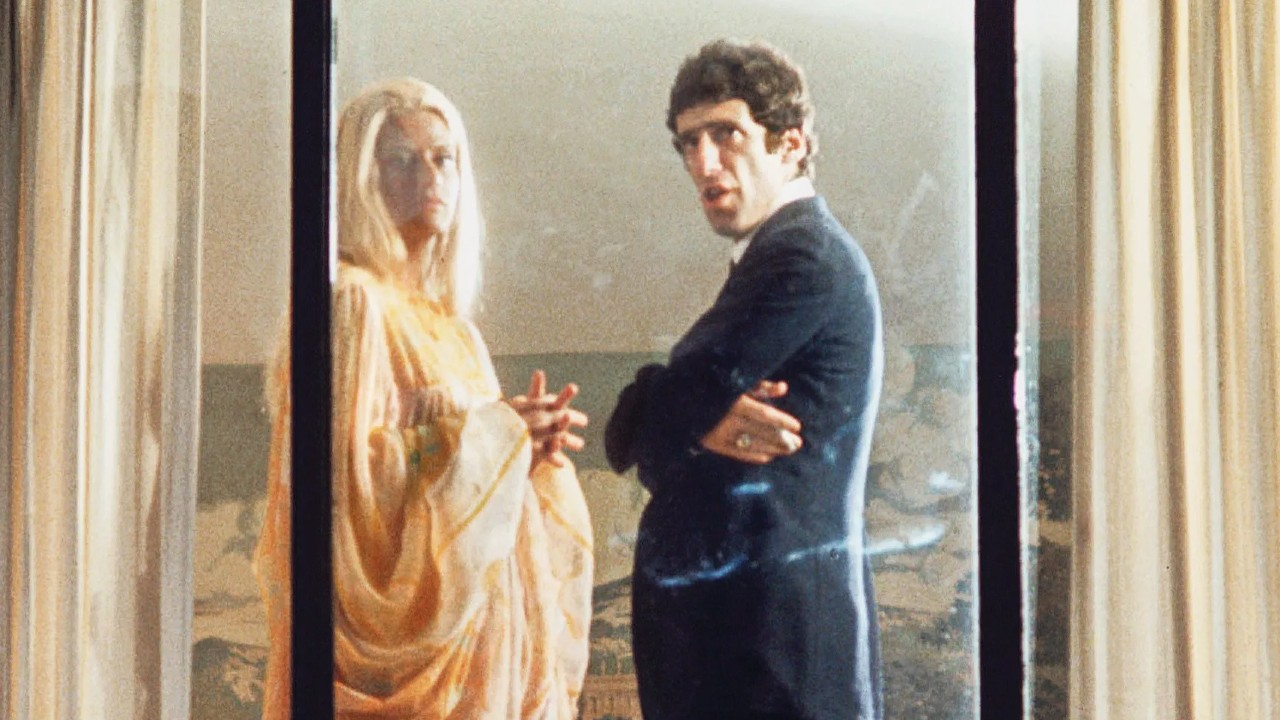
The Long Goodbye (1973)
In 1973, John Williams worked with Robert Altman on the satirical neo-noir crime film, The Long Goodbye, a movie starring Elliott Gould as a private detective who gets wrapped up in the murder of a friend’s wife. Adding intrigue and mystery to this film is Williams’ impressive score.
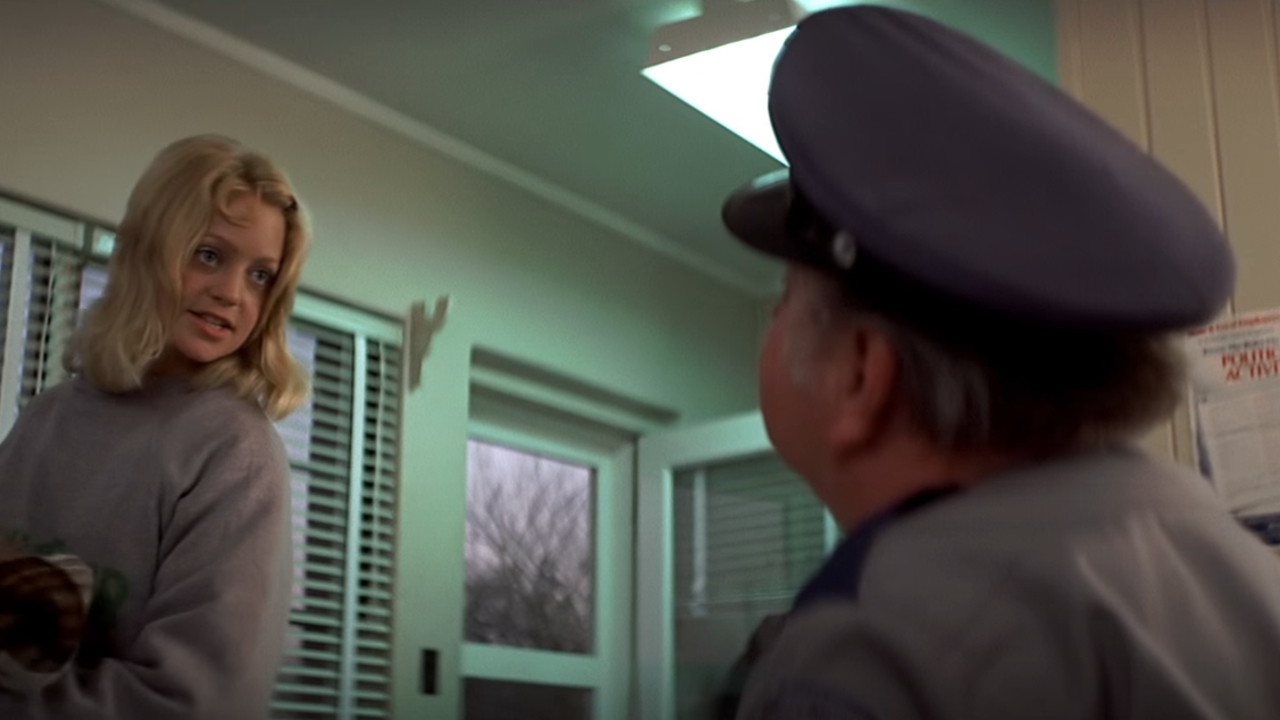
The Sugarland Express (1974)
The Sugarland Express features a great dramatic turn from Goldie Hawn as a woman who convinces her husband to break out of prison so they can find and retrieve their young son before he can be placed in foster care. The movie was Steven Spielberg’s feature film directorial debut, as well as his first time working with John Williams.
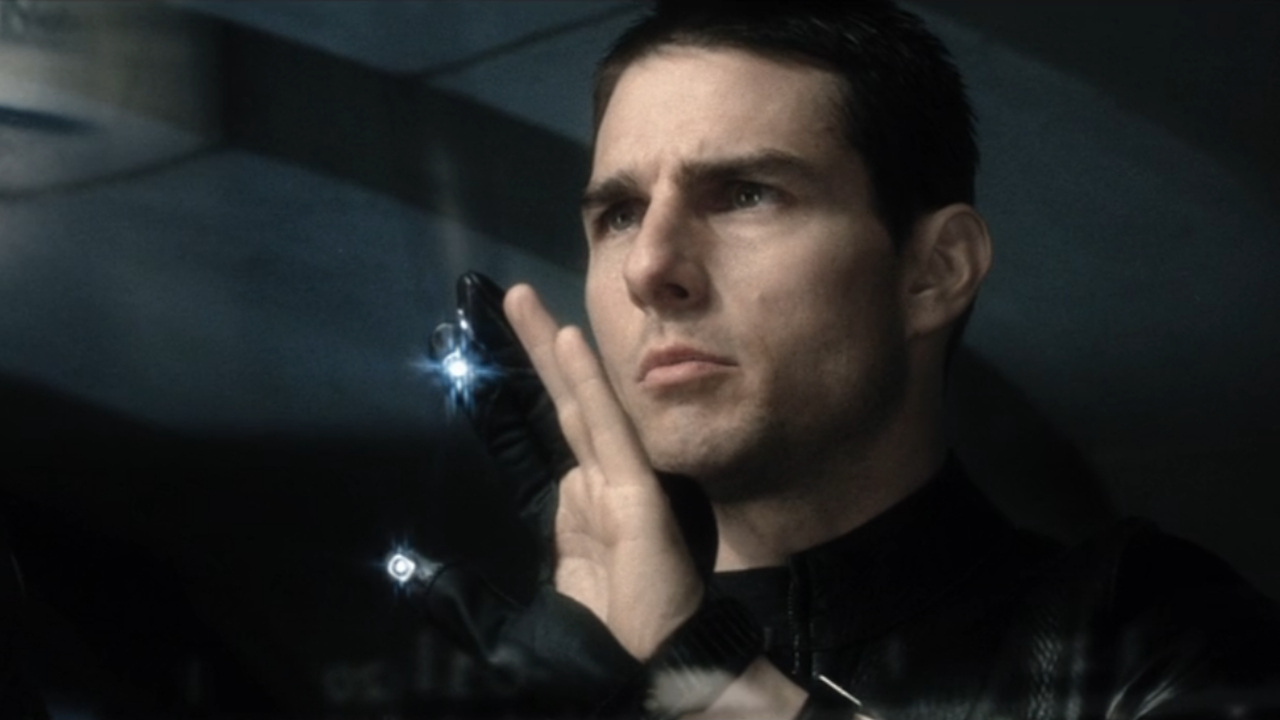
Minority Report (2002)
In 2002, John Williams worked with both Steven Spielberg and Tom Cruise on the sci-fi thriller, Minority Report. This dark yet fun score features some great work by the Oscar-winning composer, including the optimistic closing number, “A New Beginning.”
Though we don’t know if we’ll ever hear another new John Williams soundtrack after the composer hinted that Indiana Jones and the Dial of Destiny may be his final film score, at least we have decades and dozens of movies to revisit for years to come.

Philip grew up in Louisiana (not New Orleans) before moving to St. Louis after graduating from Louisiana State University-Shreveport. When he's not writing about movies or television, Philip can be found being chased by his three kids, telling his dogs to stop barking at the mailman, or chatting about professional wrestling to his wife. Writing gigs with school newspapers, multiple daily newspapers, and other varied job experiences led him to this point where he actually gets to write about movies, shows, wrestling, and documentaries (which is a huge win in his eyes). If the stars properly align, he will talk about For Love Of The Game being the best baseball movie of all time.
